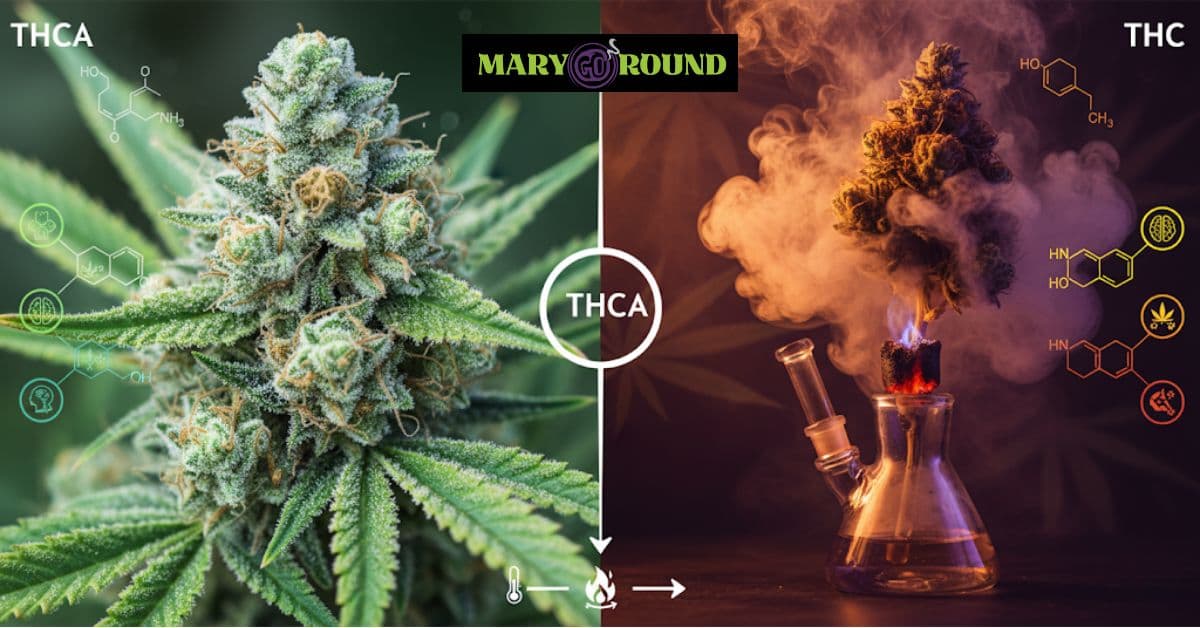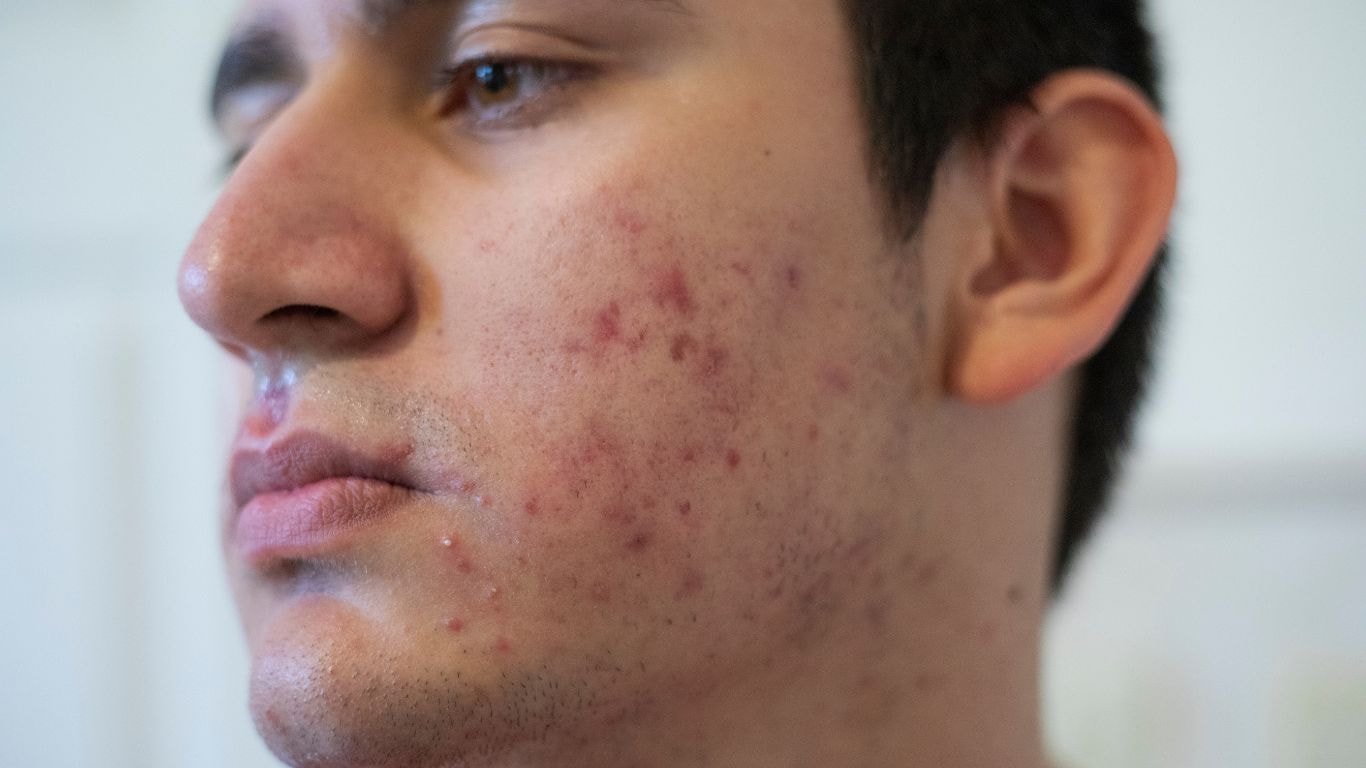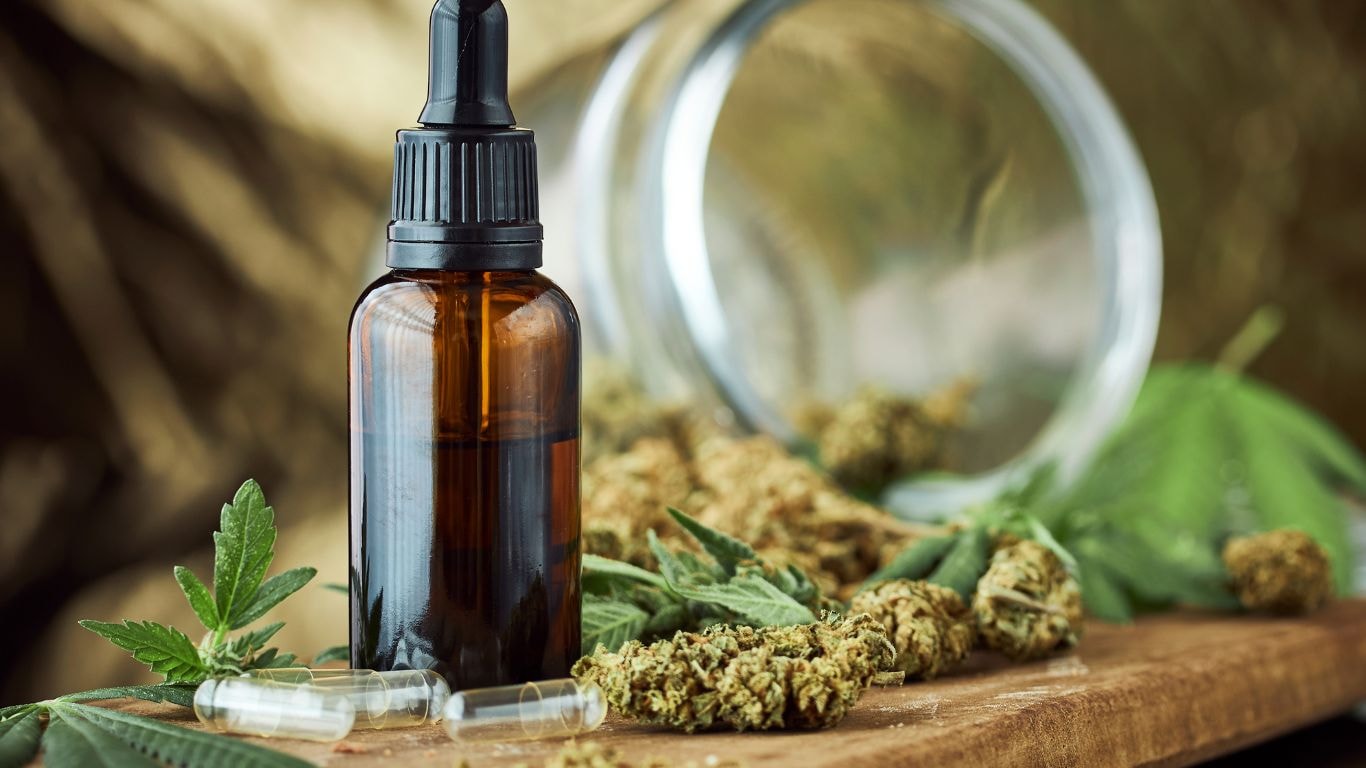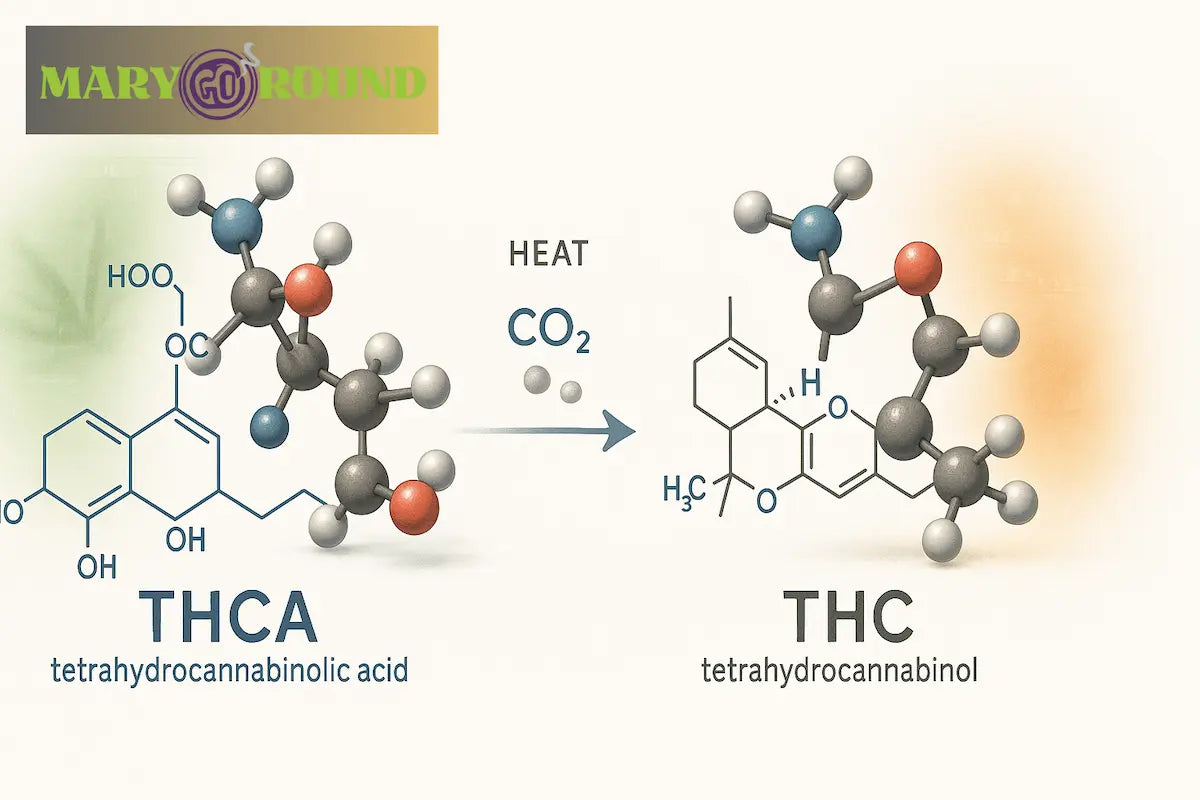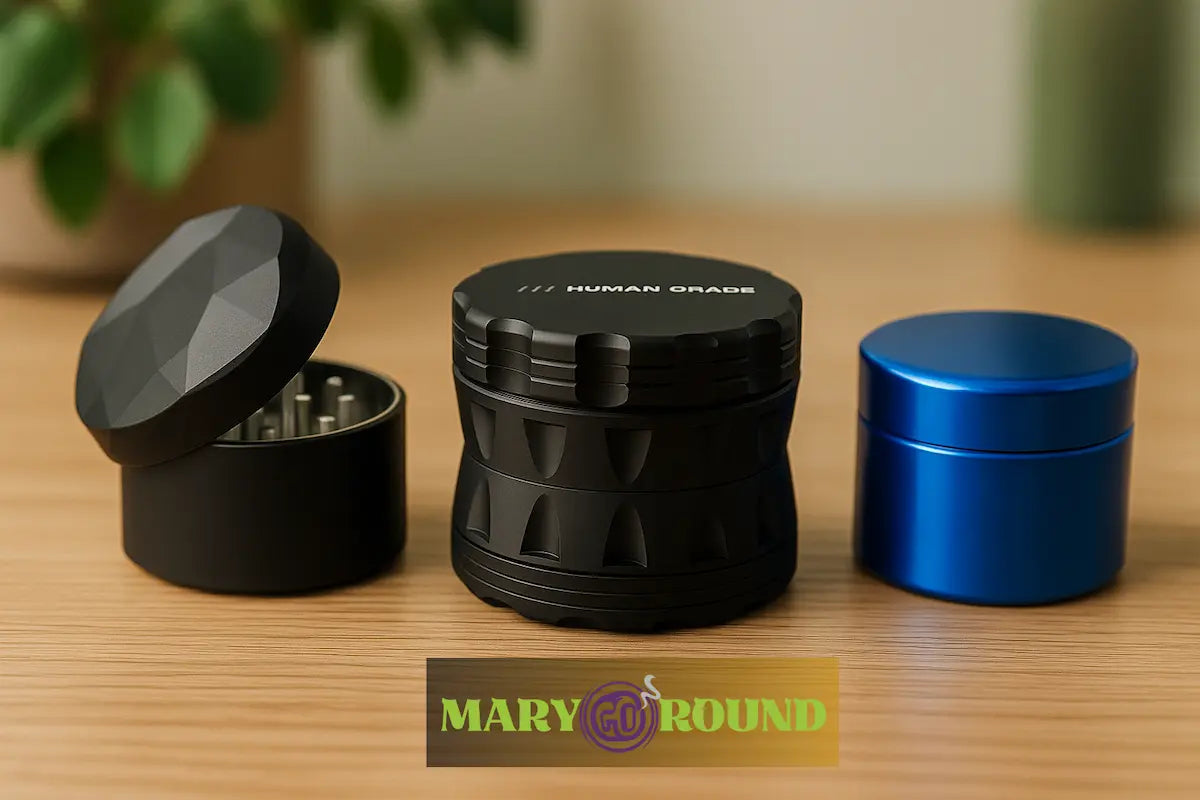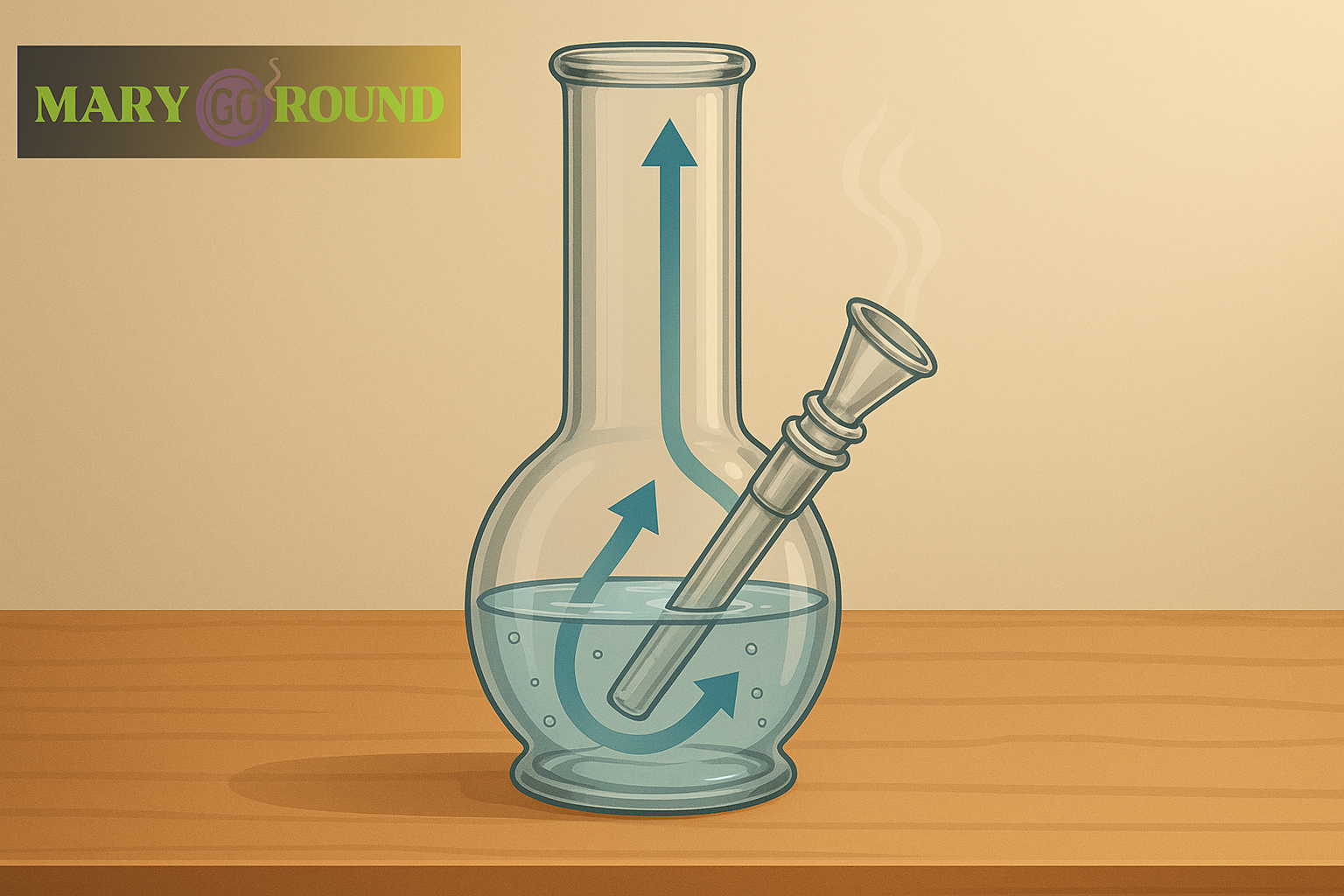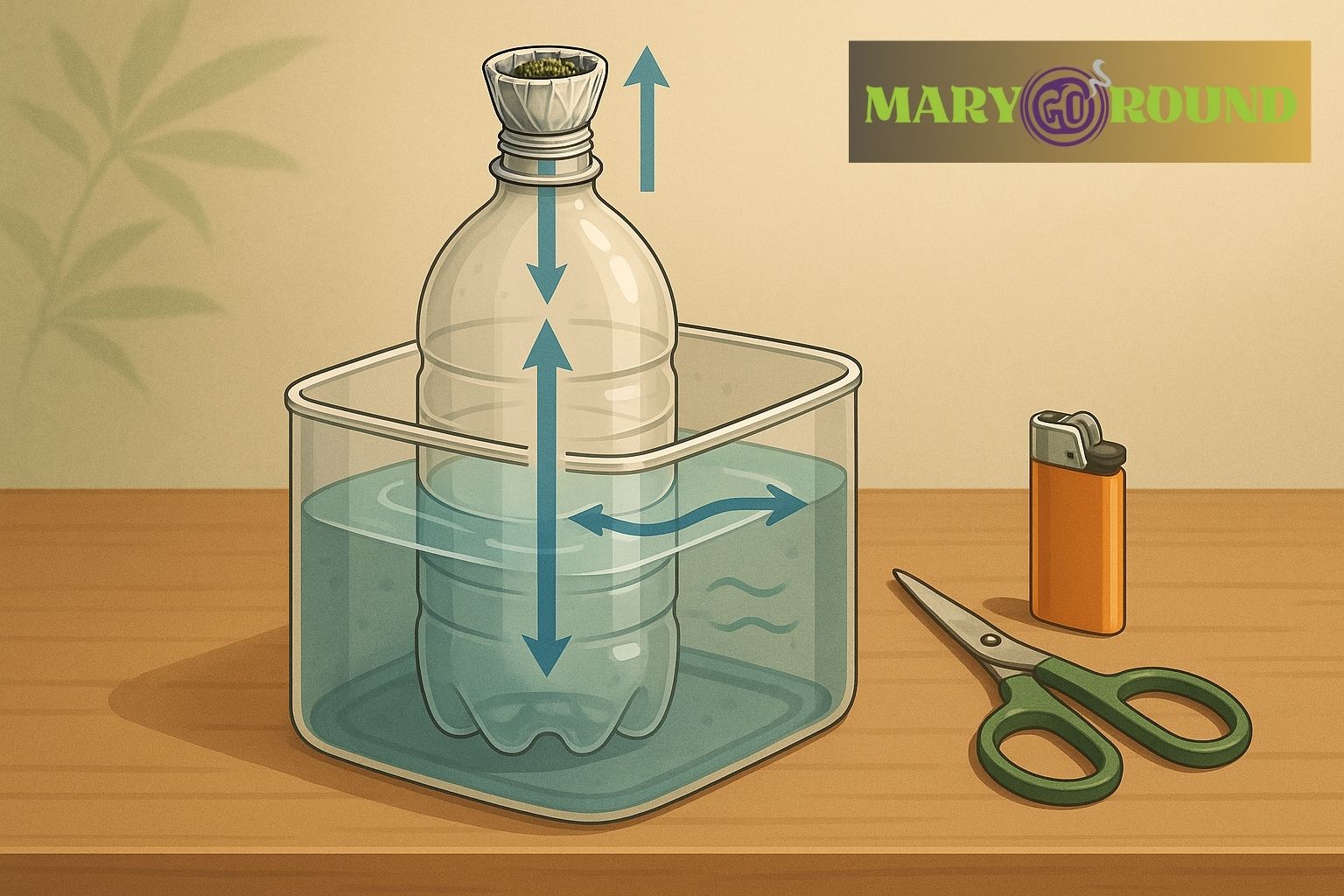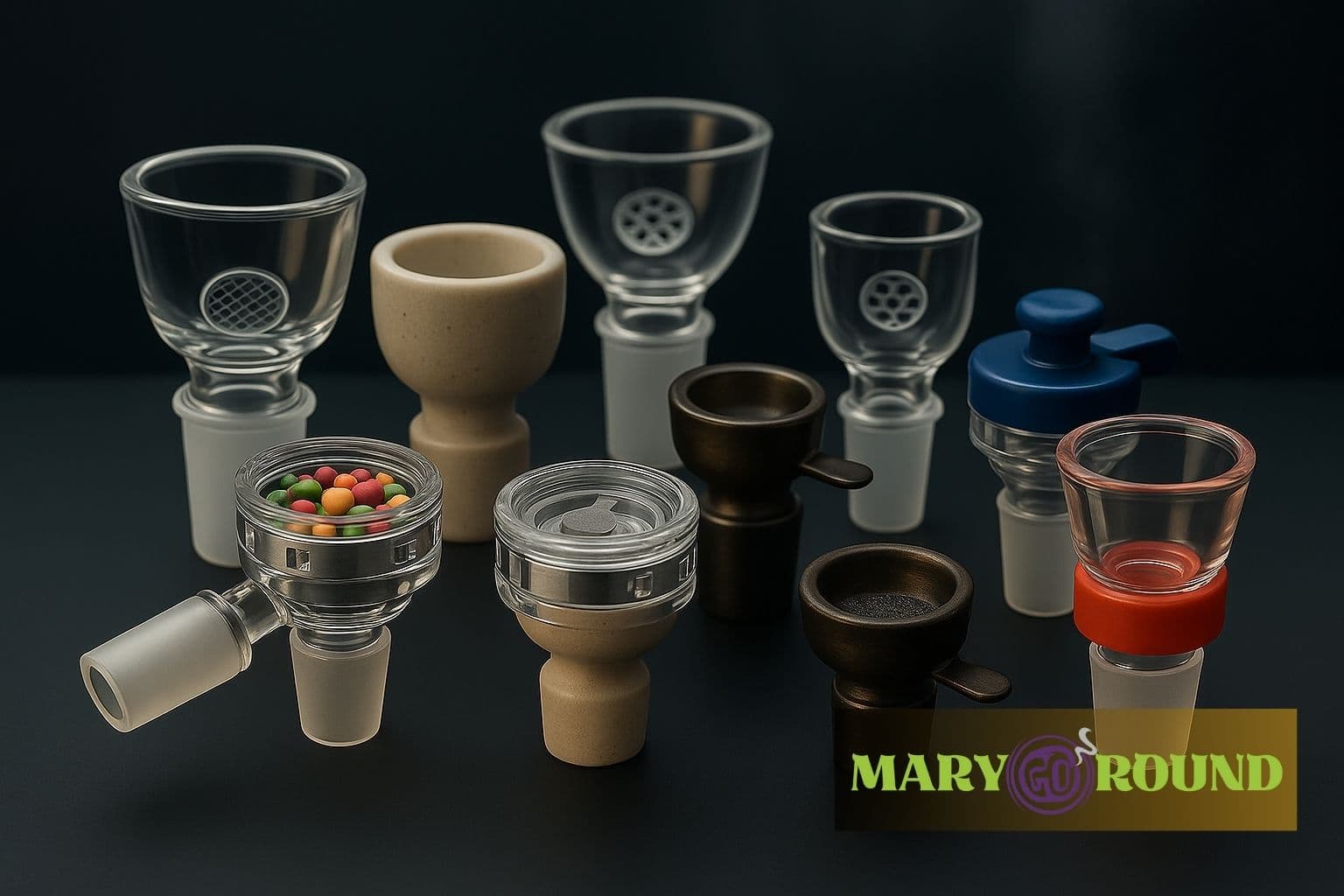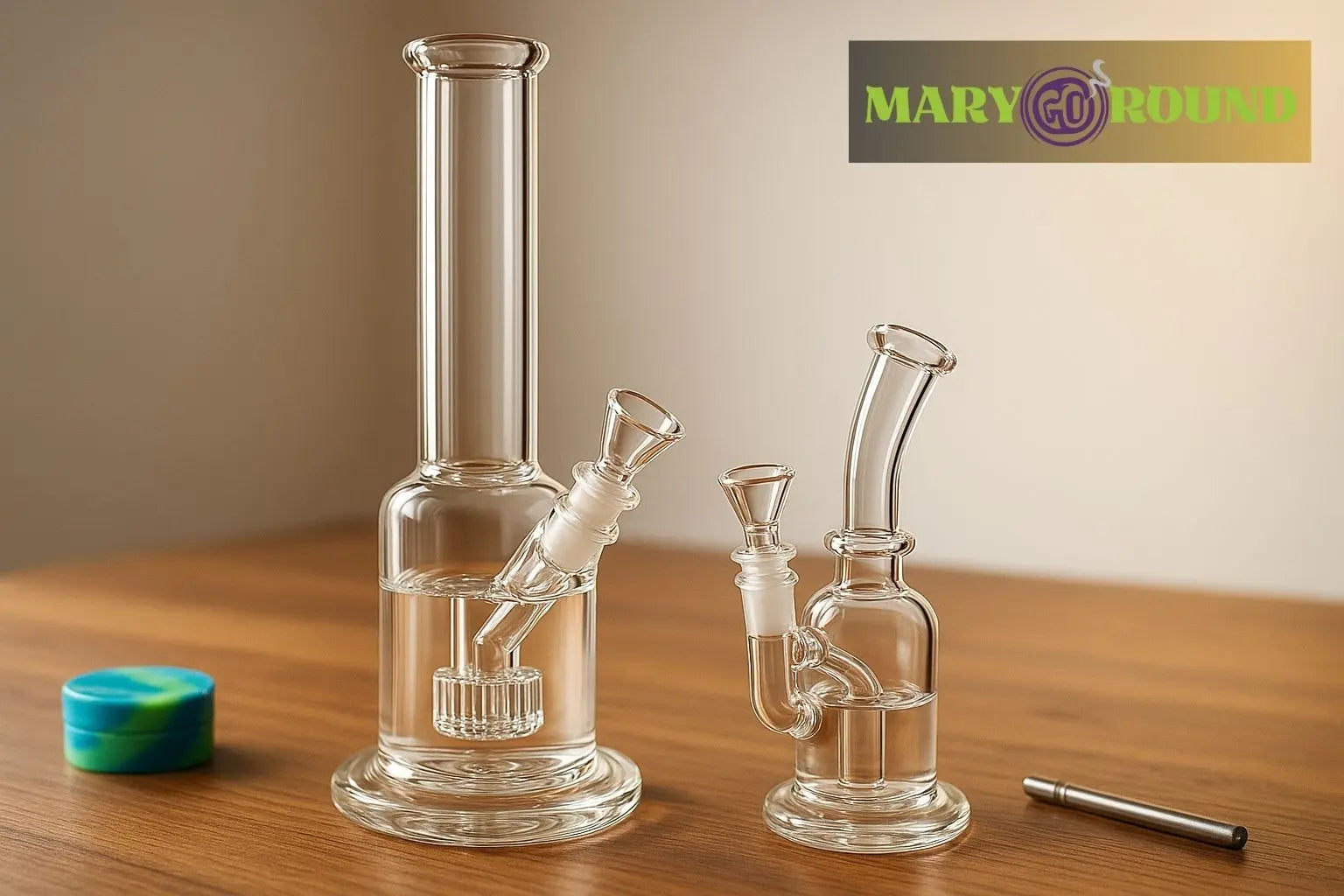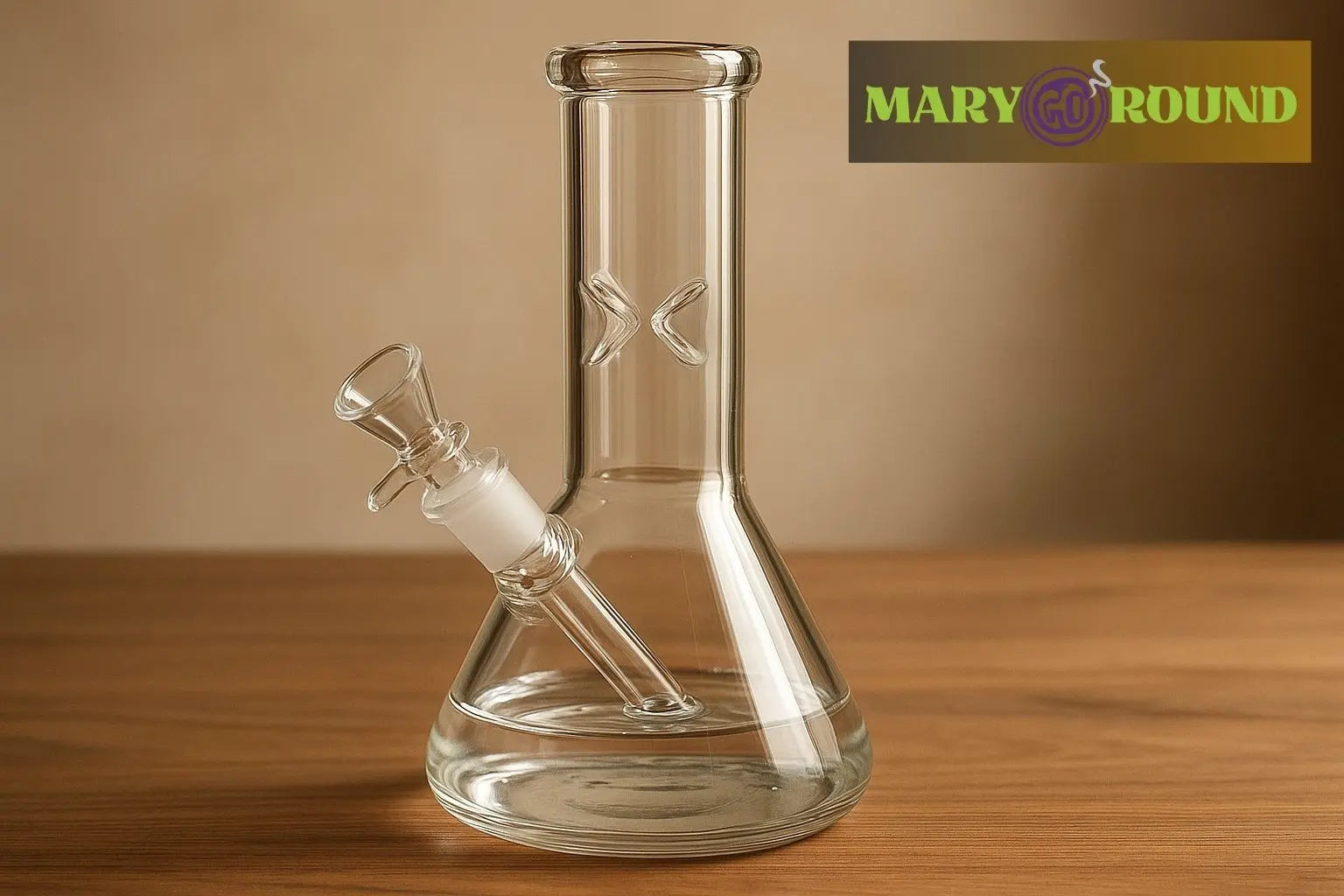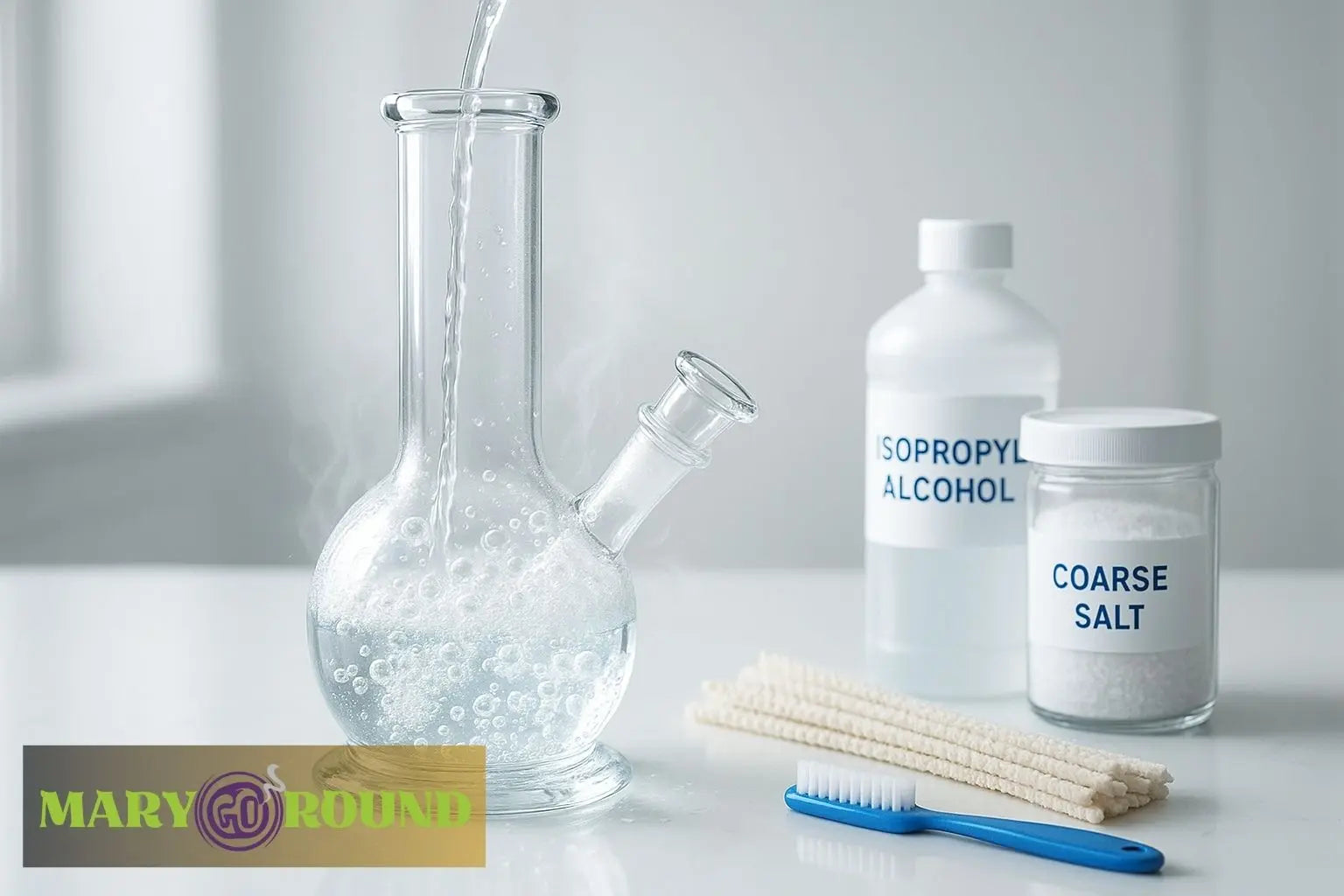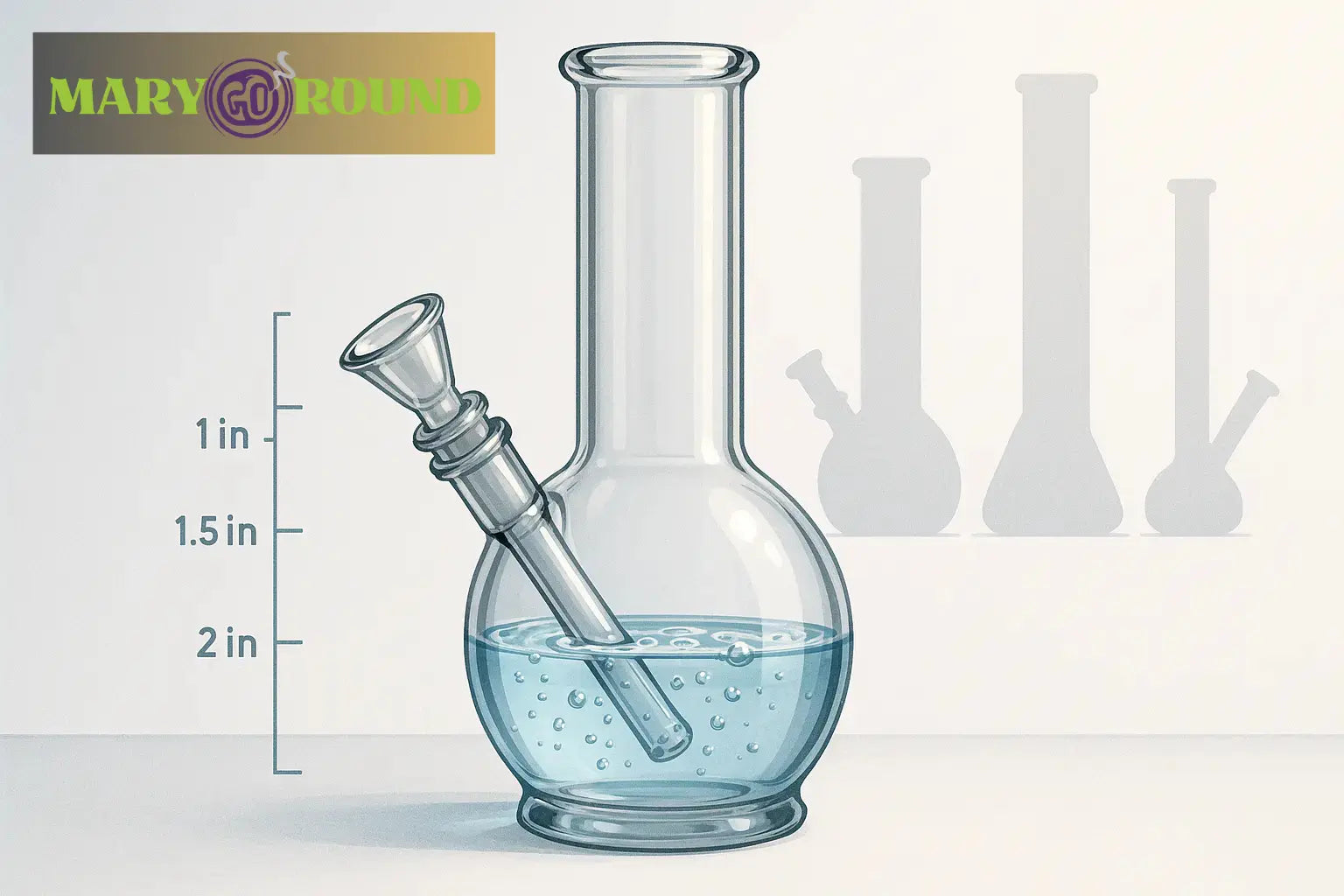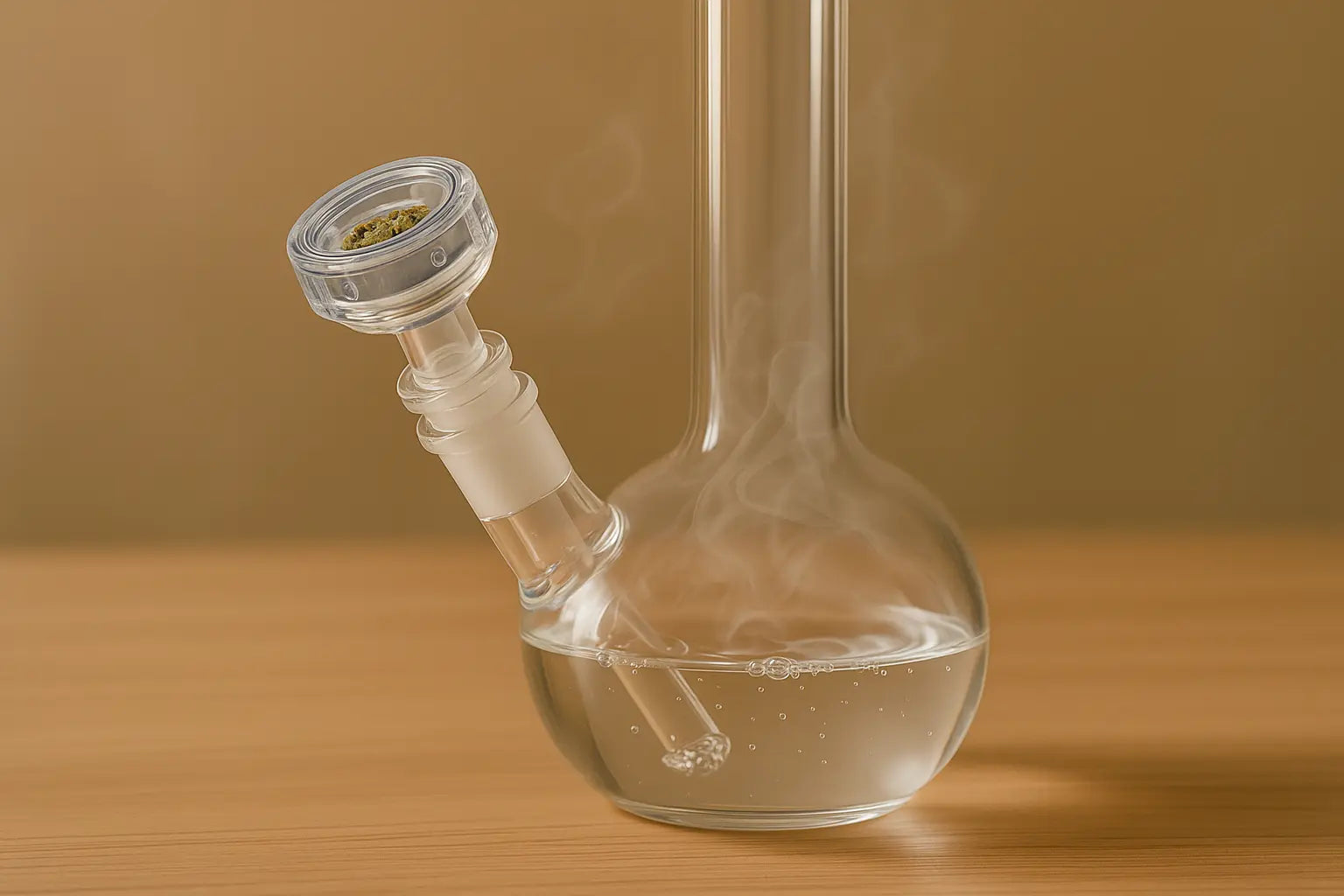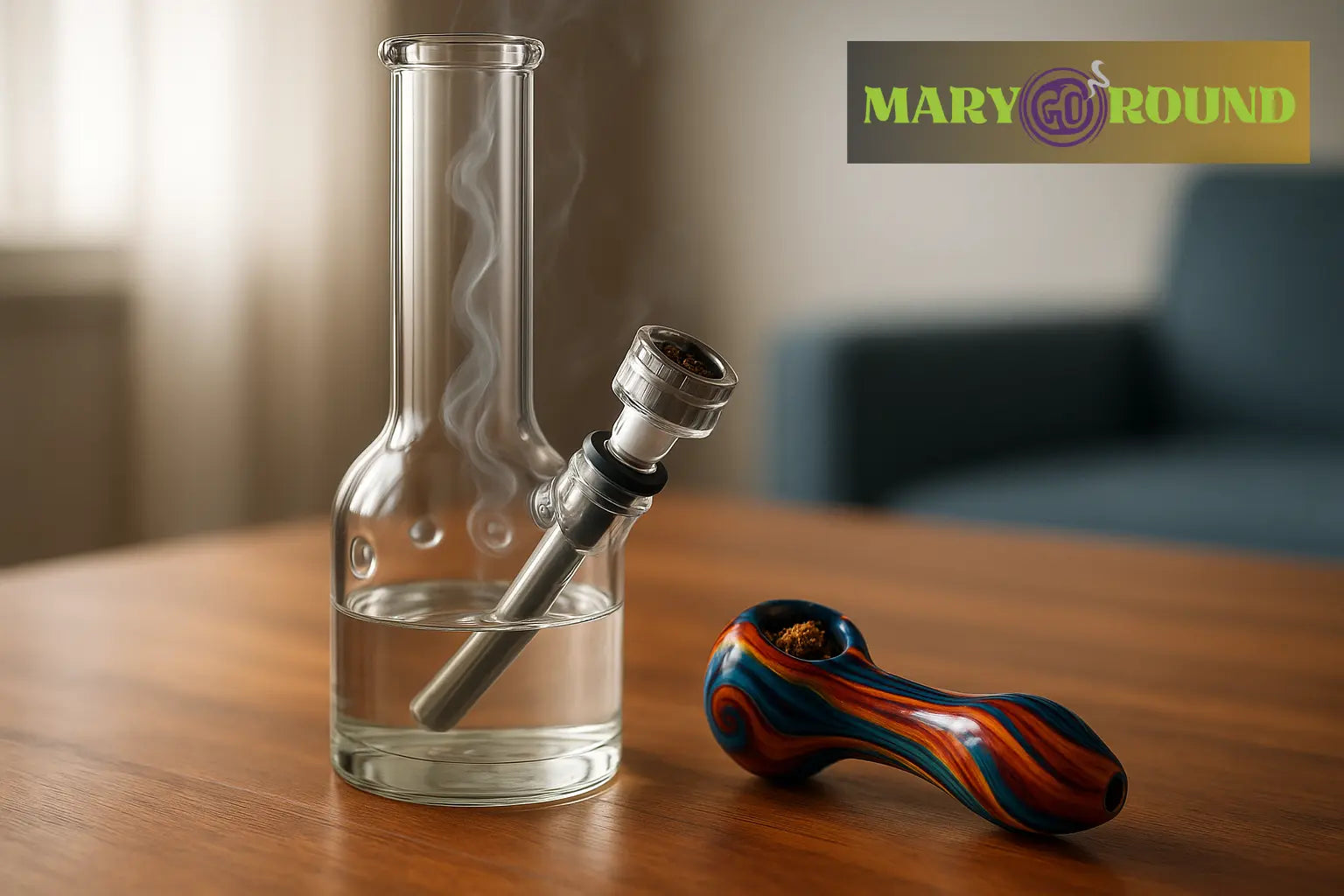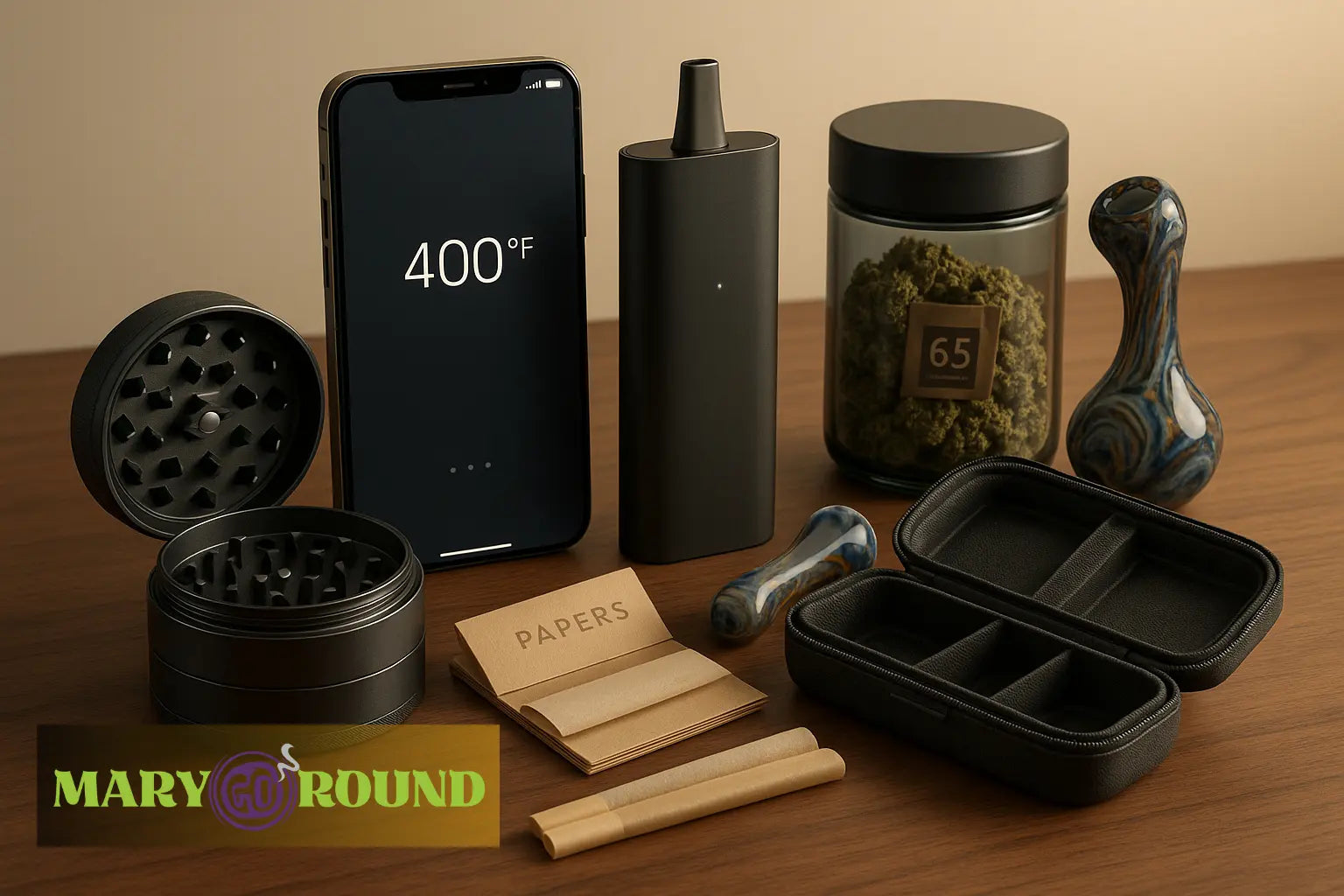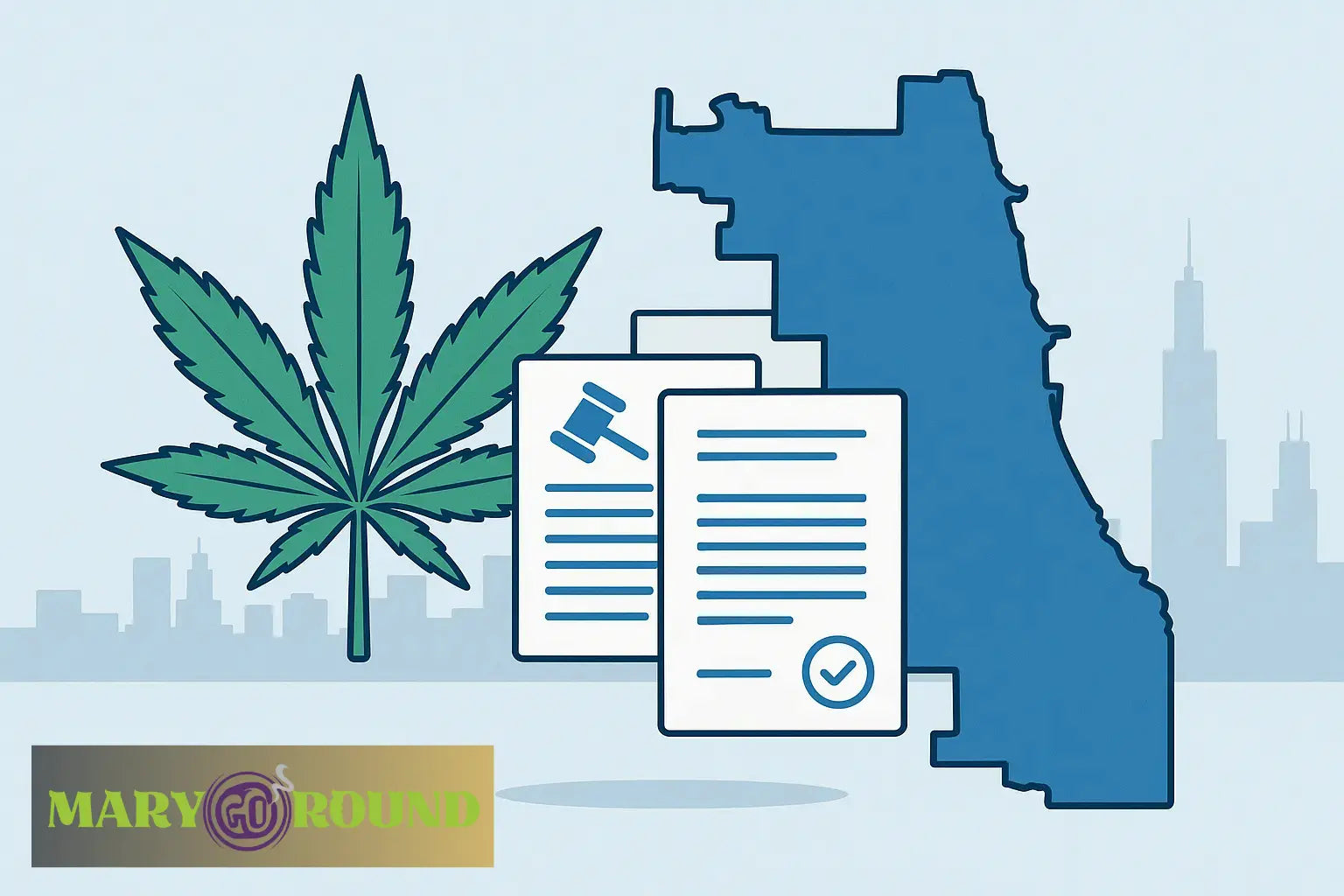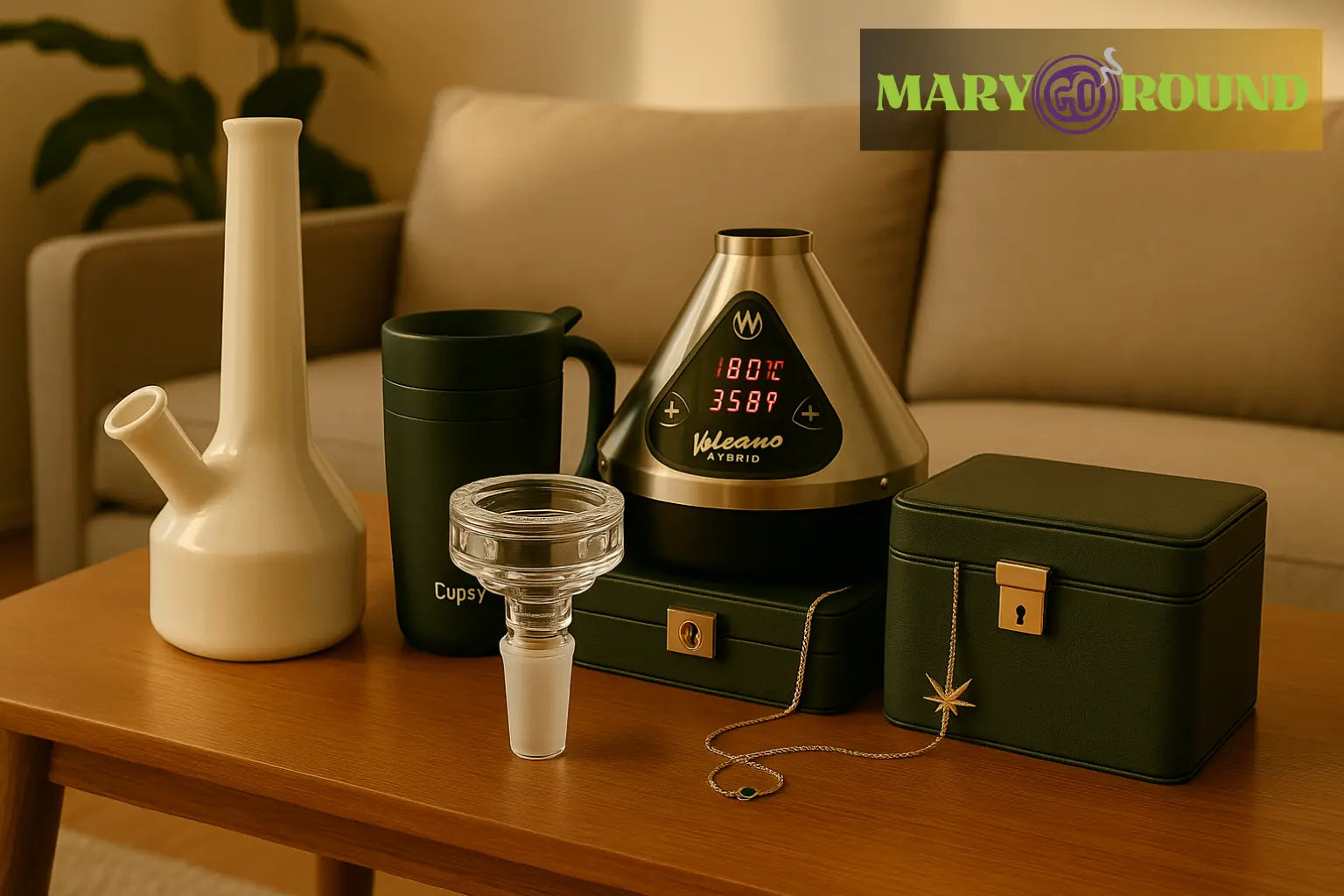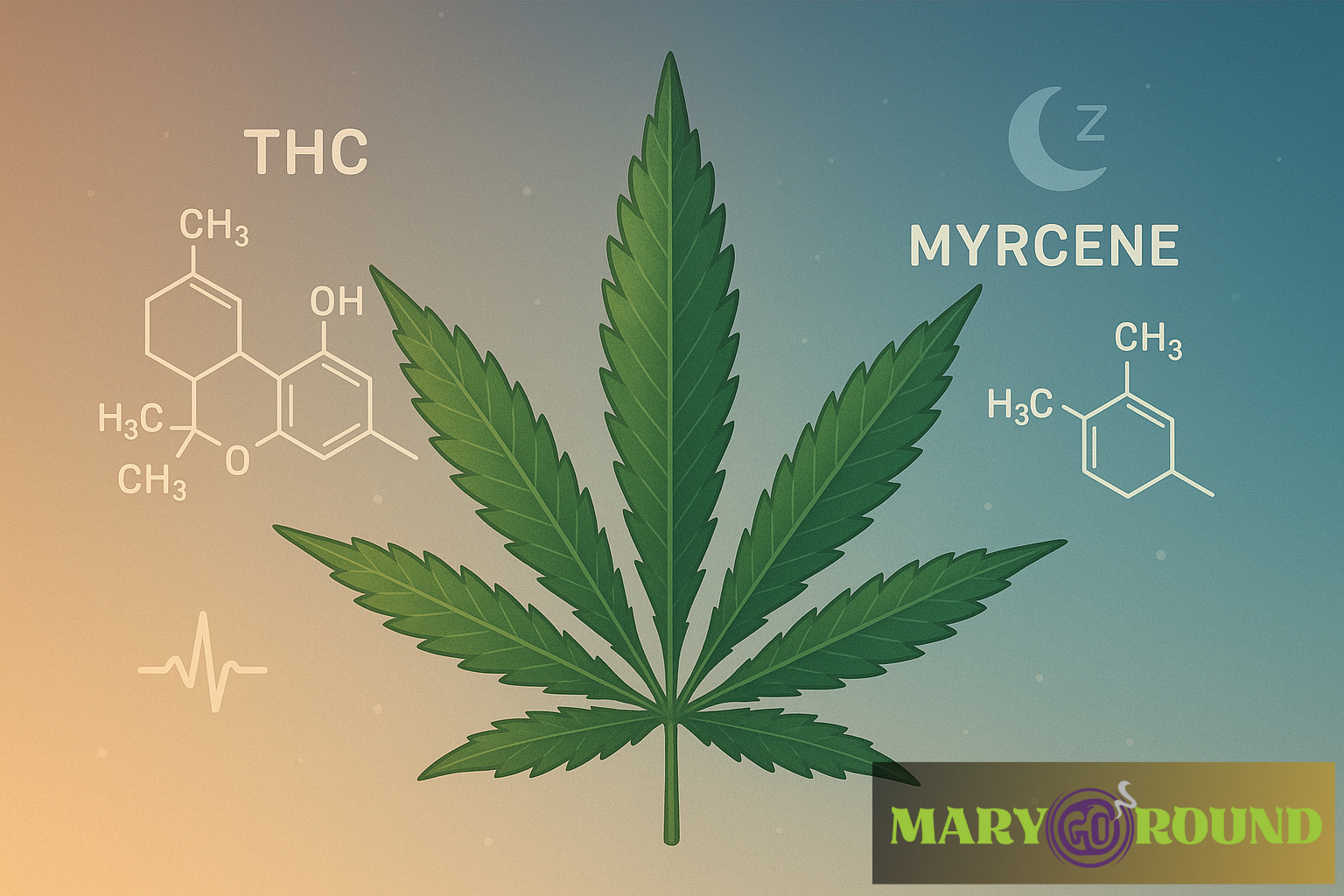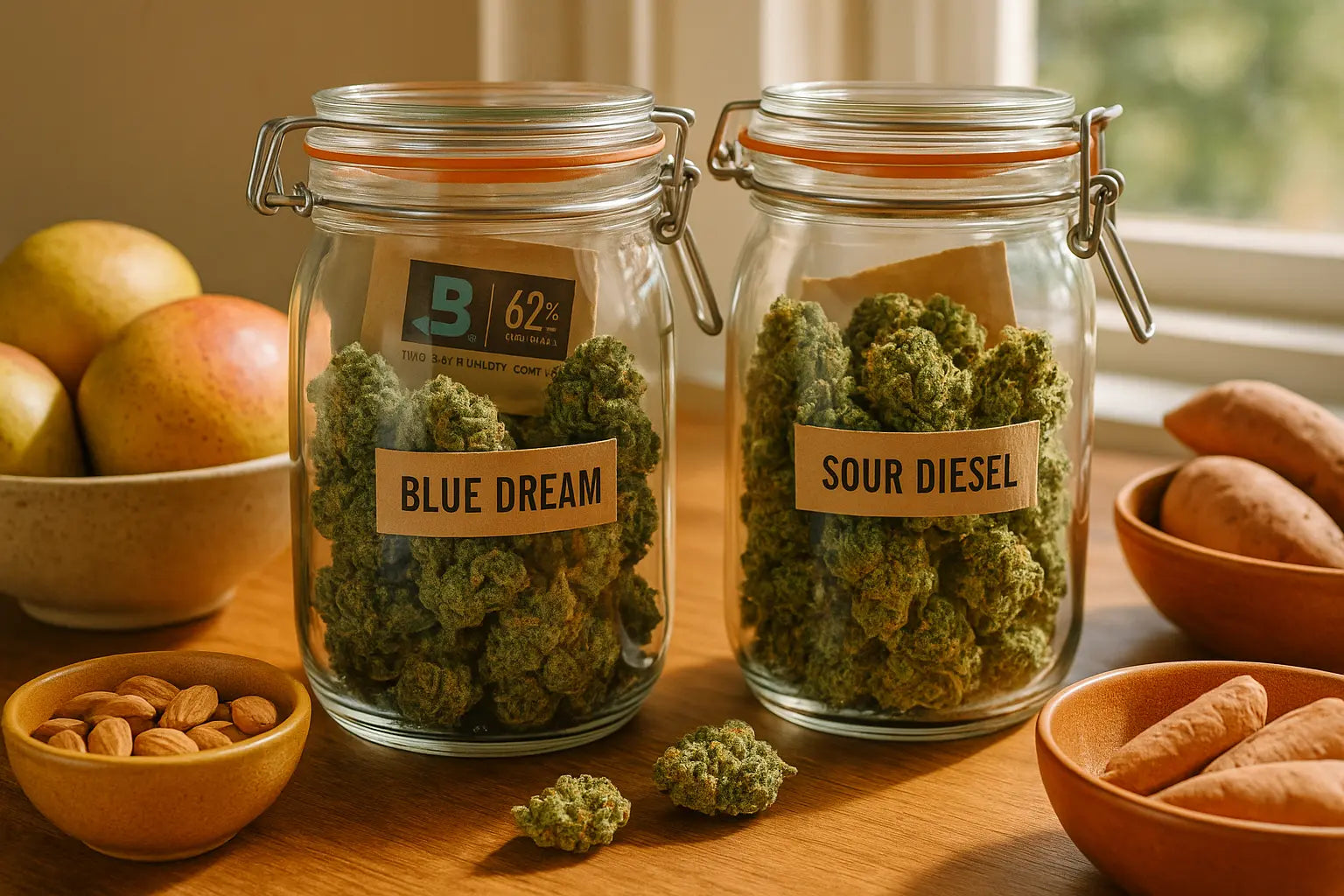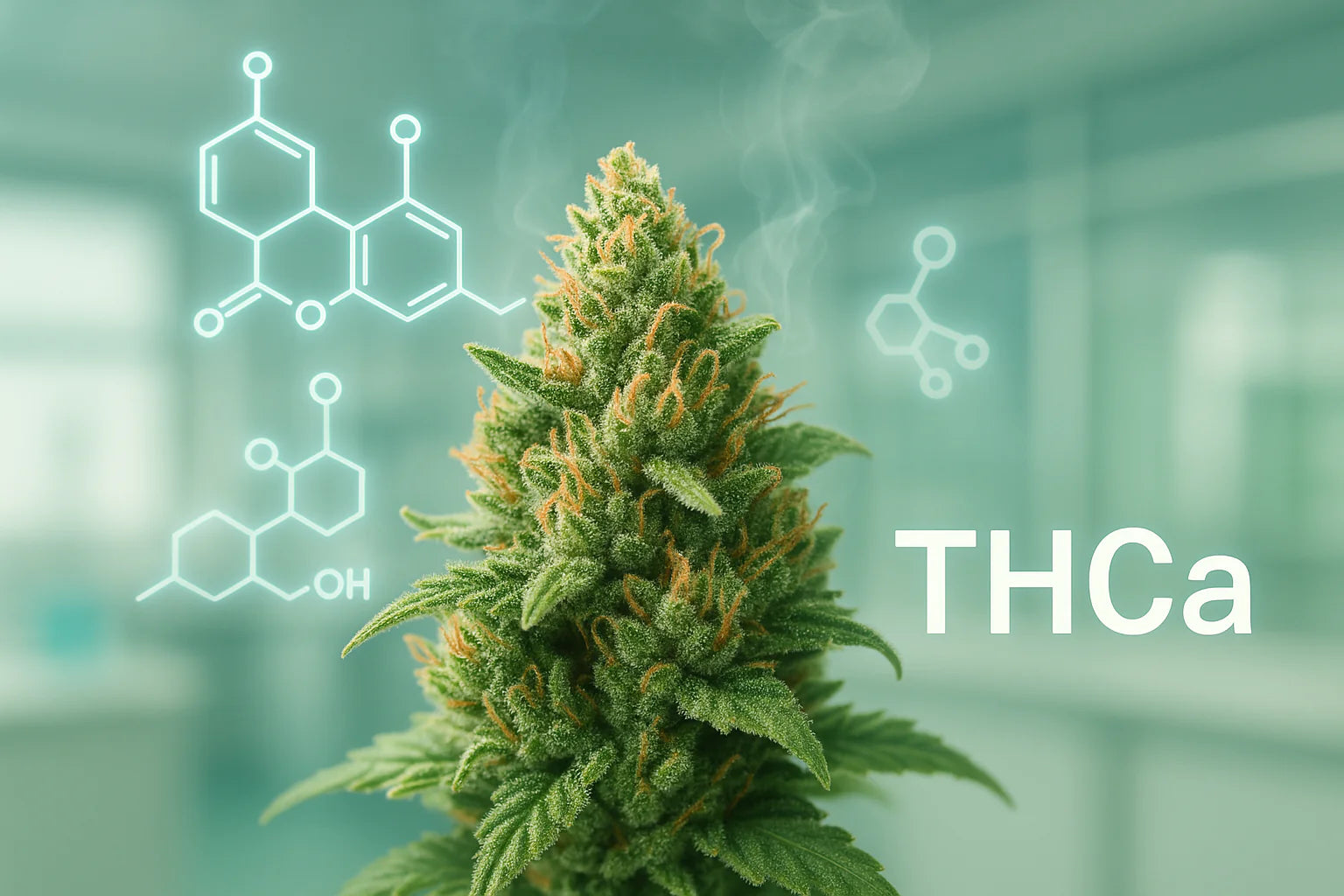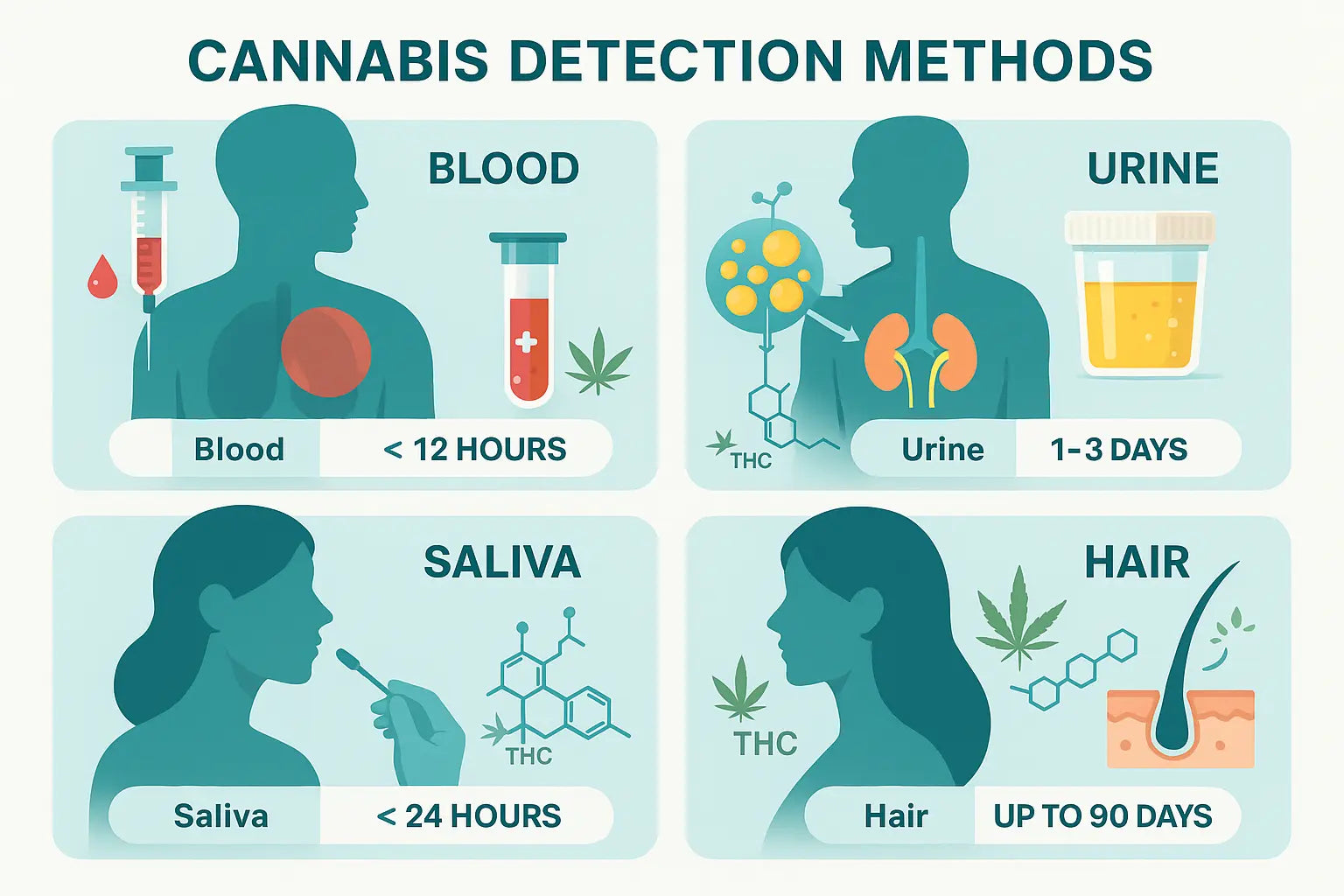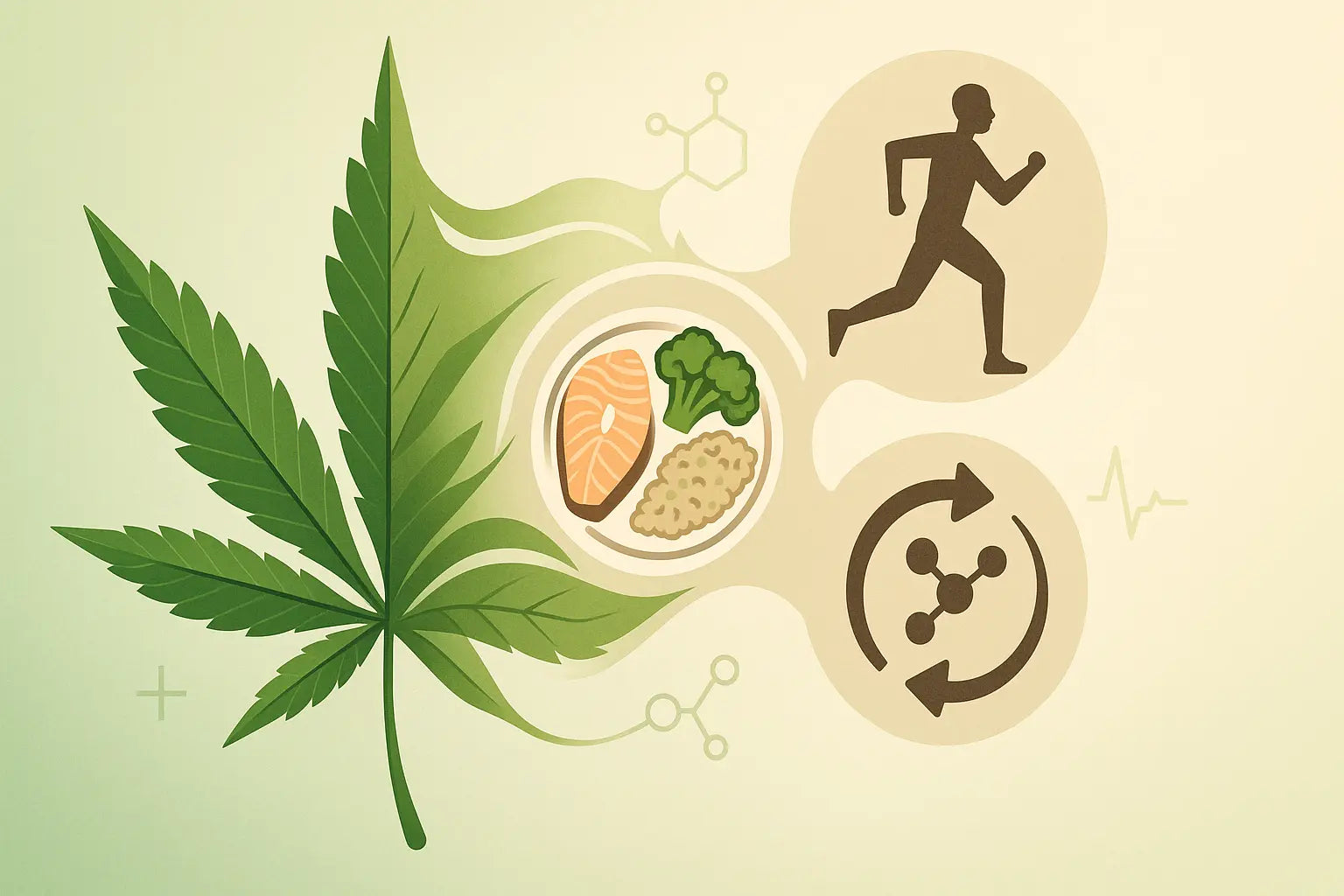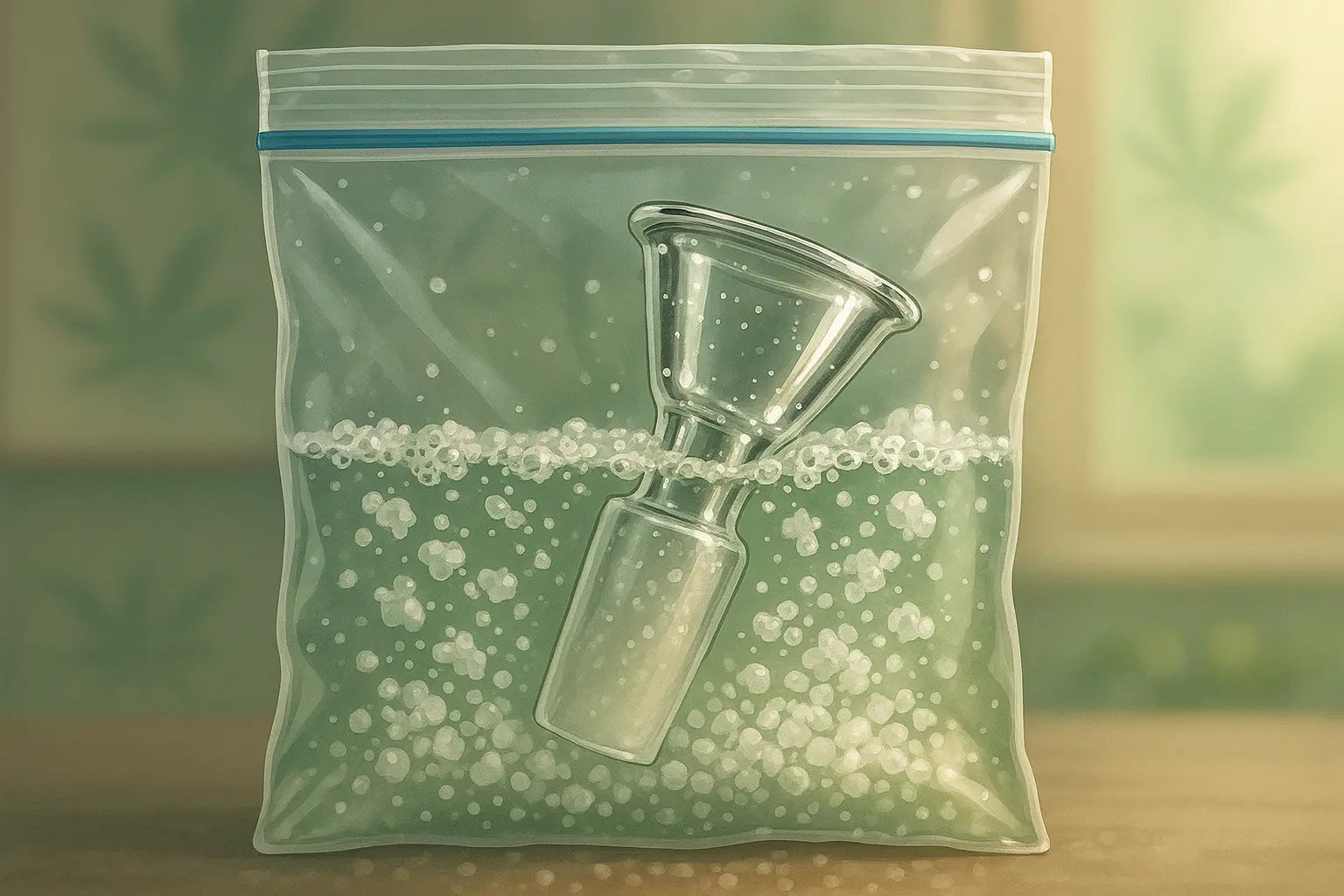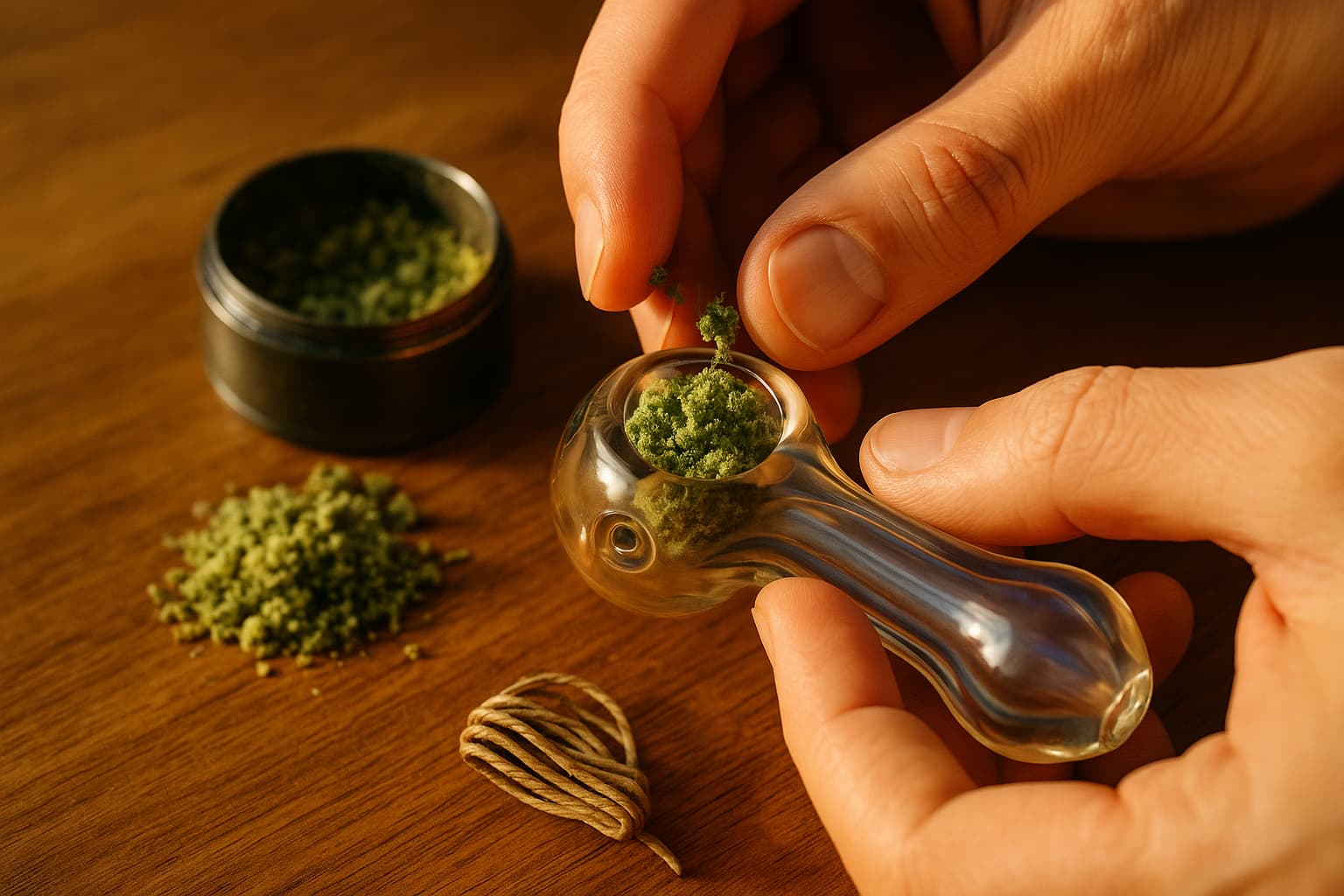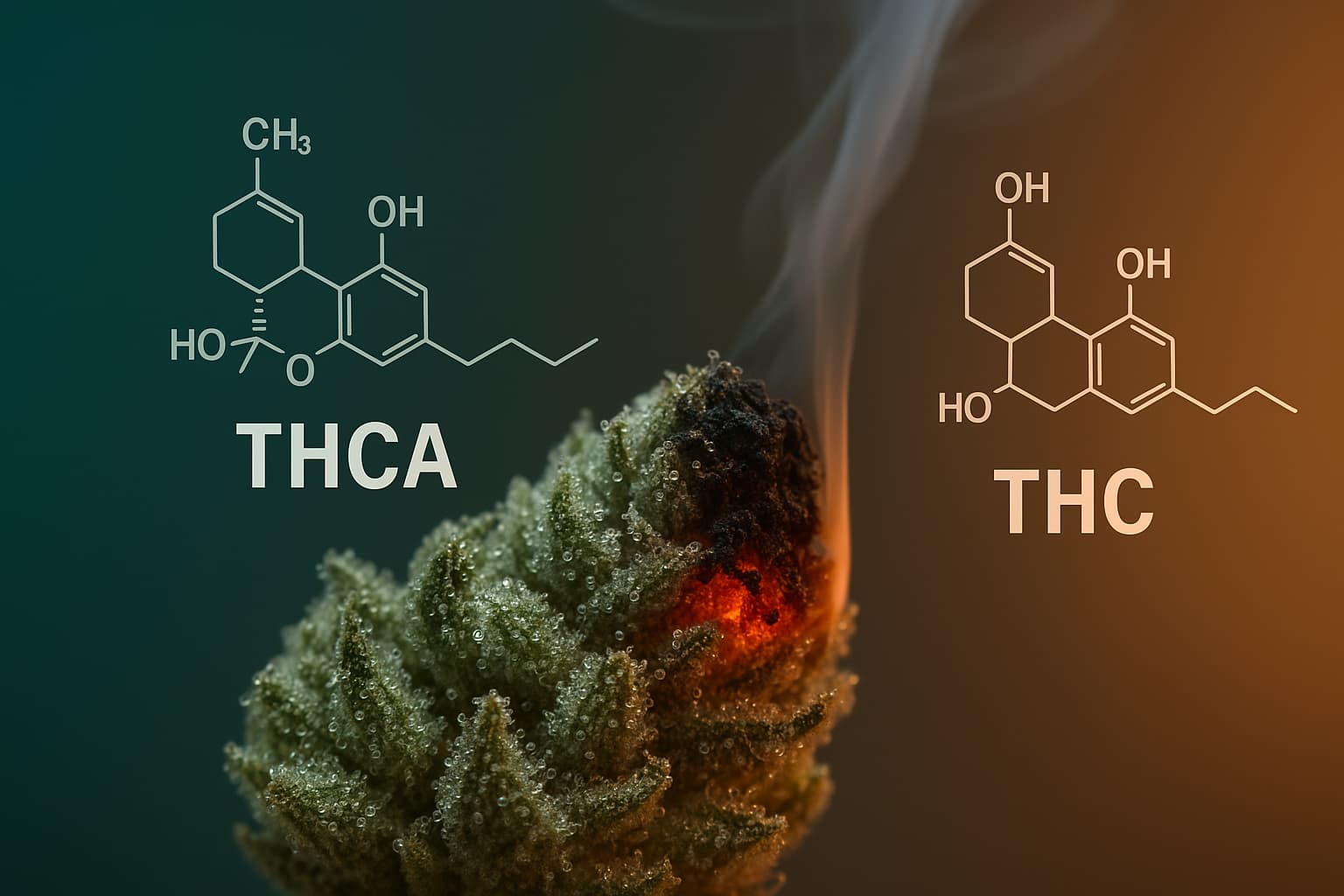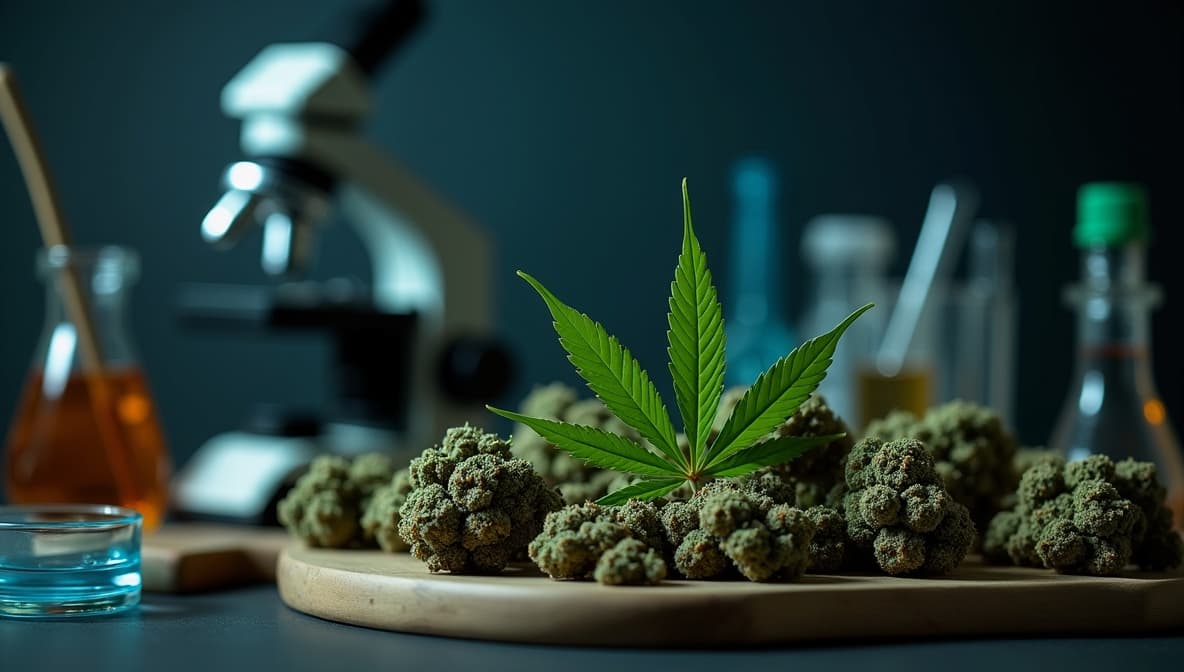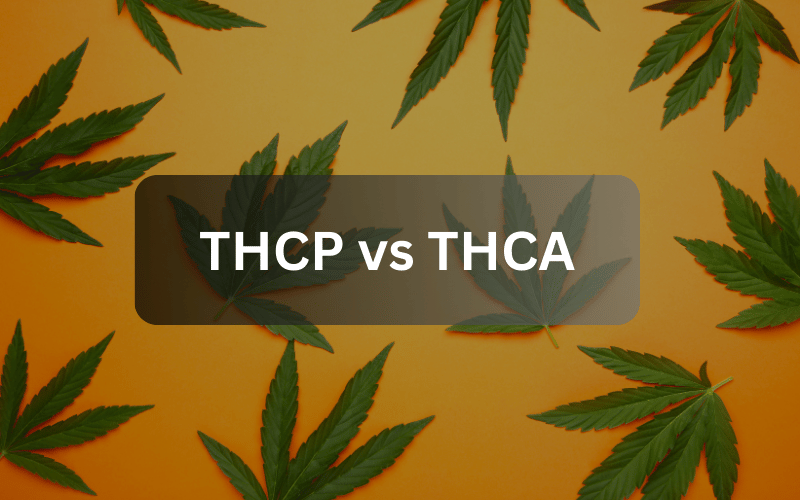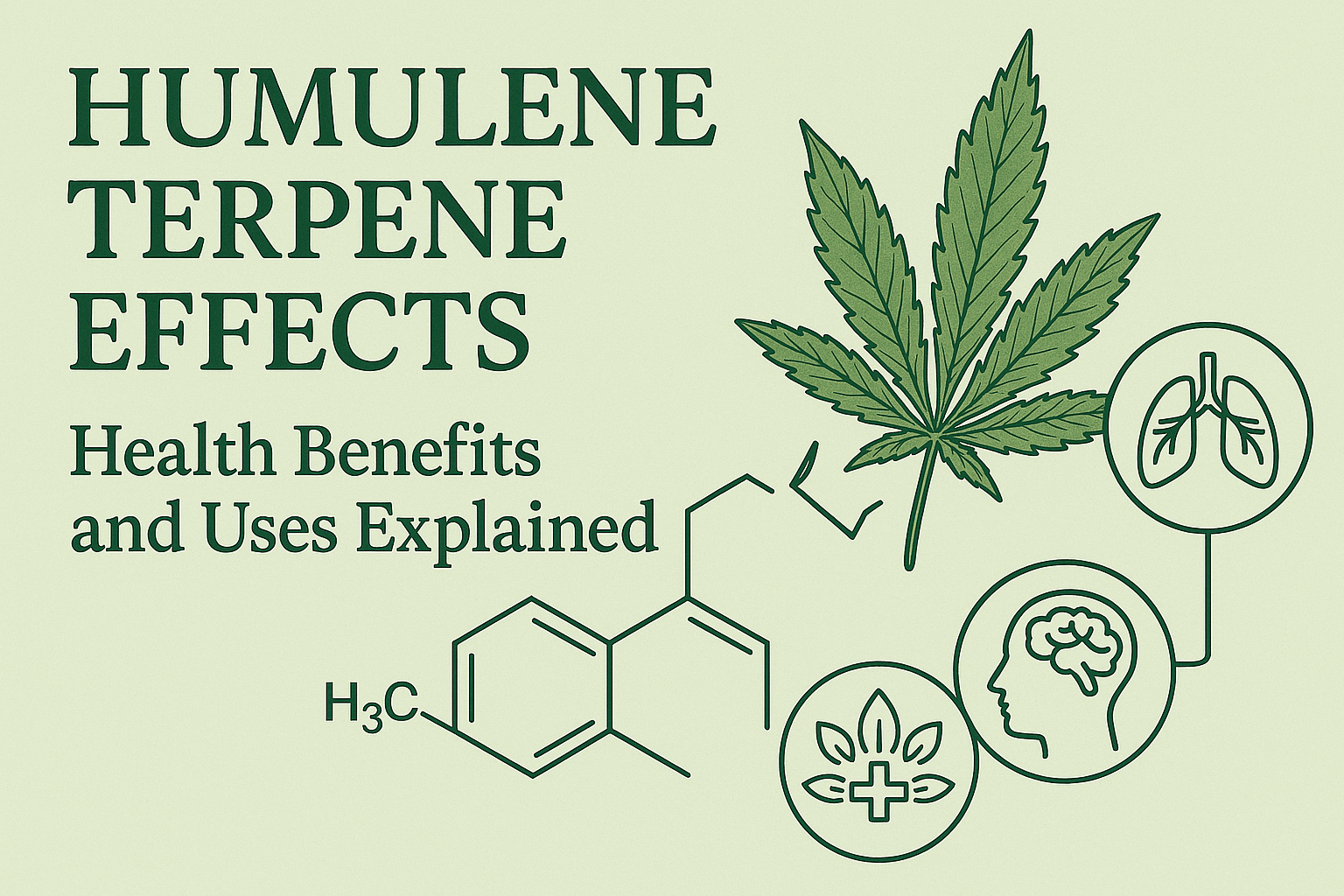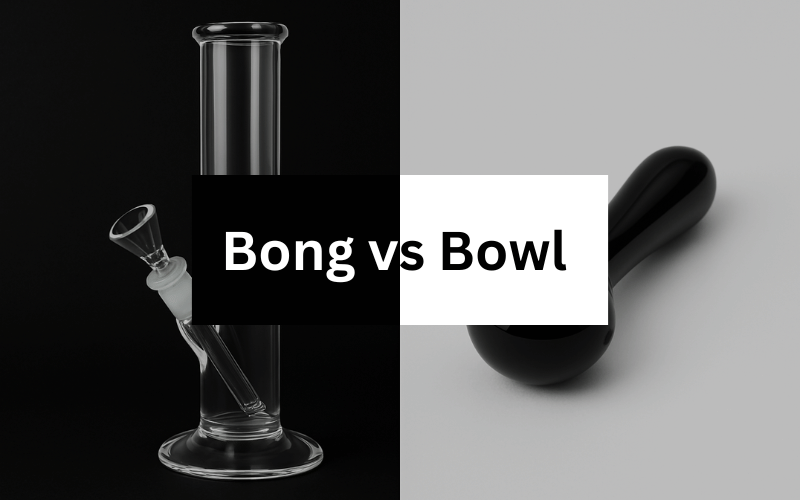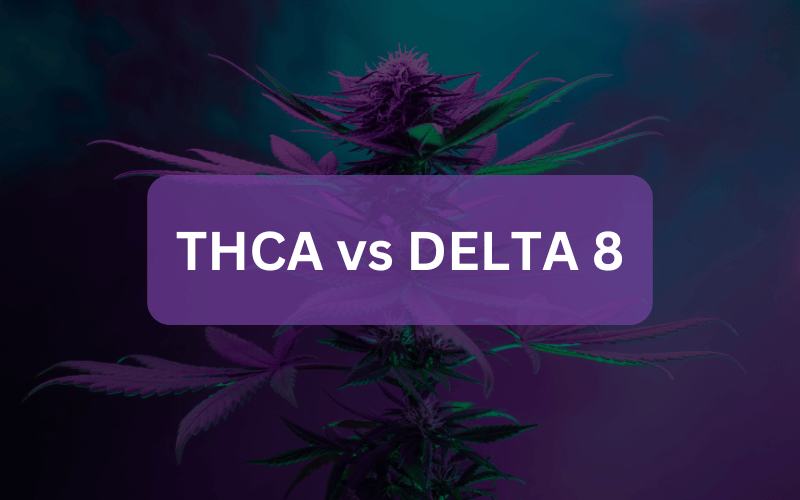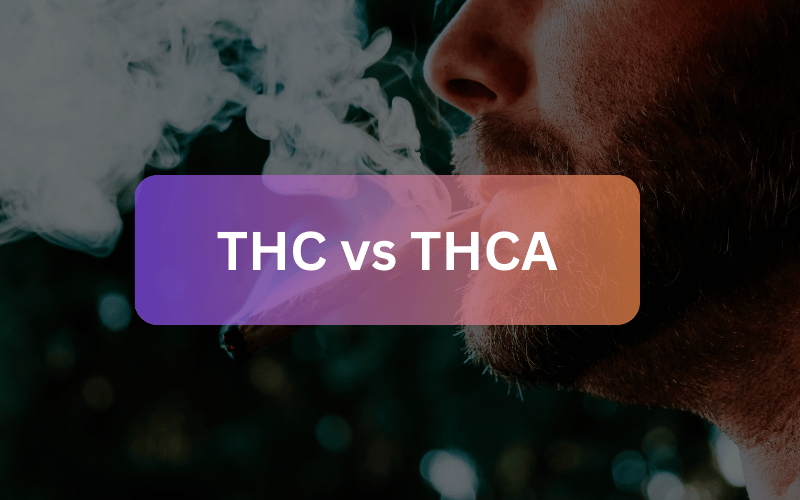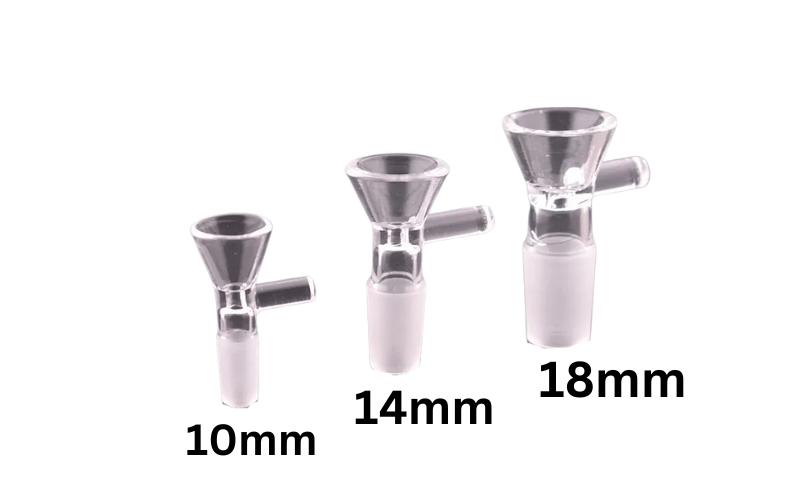
How Long Does Delta 8 Stay in Your System? Explained
Posted by Tom Wittneben on
How long does Delta 8 stay in your system? The answer can vary based on several factors, but typically, Delta 8 THC can remain detectable for 5 to 10 days, and in some cases, even up to 30 days. This article will delve into what influences this duration and what you can expect depending on your usage habits and individual metabolism. For a comprehensive look at the key differences and benefits of THCA vs Delta 8, check out our detailed comparison.
Key Takeaways
-
Delta 8 THC offers milder psychoactive effects compared to Delta 9 THC and is gaining popularity for its legal status and potential therapeutic benefits.
-
The duration Delta 8 THC remains detectable in the system varies based on factors such as frequency of use, metabolism, method of consumption, and type of drug test, with urine tests typically showing positives for longer periods.
-
Factors like body fat, hydration, diet, and physical activity impact the retention and clearance of Delta 8 THC from the body, underscoring the importance of lifestyle choices in managing its effects.
Understanding Delta 8 THC
Delta 8 THC is a fascinating compound that has garnered attention due to its similarities to Delta 9 THC, the primary psychoactive component of cannabis. Both share the same molecular formula (C21H30O2) and are structurally similar, but Delta 8 THC has a lower psychotropic potency, making its effects milder and more balanced. Users often report feelings of relaxation, euphoria, and pain relief, with a calmer and more focused experience compared to the intense high of Delta 9 THC.
Beyond its recreational use, Delta 8 THC has shown potential therapeutic benefits. It’s used to relieve pain, anxiety, and stress and has antiemetic, anxiolytic, and neuroprotective properties. These effects make it a preferred choice for individuals seeking medicinal benefits without the overwhelming high associated with Delta 9 THC.
Interestingly, Delta 8 THC is legal in many regions where marijuana is not, thanks to its derivation from hemp plants. This accessibility has contributed to its rising popularity, offering a legal alternative for those looking to explore the benefits of THC.
How Long Does Delta 8 Stay in Your System?
The duration that Delta 8 THC stays in your system can vary widely based on several factors. On average, it remains detectable for about 5 to 10 days, but this can extend up to 30 days depending on usage frequency and individual metabolism. The detection times for Delta 8 THC metabolites can range significantly, often exceeding the duration of its psychoactive effects.
Factors such as the frequency of use, dosage, and an individual’s metabolic rate play crucial roles in determining how long Delta 8 THC stays in your system. Higher doses and more frequent use lead to longer detection times due to the accumulation of the compound in the body. Additionally, a faster metabolism can help process and eliminate Delta 8 THC more efficiently, resulting in shorter detection times.
The method of consumption also affects how long Delta 8 THC stays in your system. For instance, oral consumption, such as edibles, tends to result in a longer retention time compared to smoking, due to the way the body processes and metabolizes the compound. These factors can help you better manage your Delta 8 THC use and anticipate its detection in your system.
Detection Times in Various Drug Tests
Different types of drug tests can detect THC metabolites, each with varying detection windows. The most common tests include urine, blood, saliva, and hair tests, each offering unique insights into substance use over different periods. The detection window for Delta 8 THC can vary. Factors like dosage, frequency of use, metabolism, and the type of drug test affect it.
For readers wondering “does THCA show up on a drug test,” standard panels detect THC‑COOH metabolites rather than the parent cannabinoid, which is why method and metabolism drive detection windows .
Because drug tests often cannot distinguish between isomers and focus on metabolites, Delta 8 use will appear similar to Delta 9, and heated THCA would follow the same metabolic path .
Placement here connects test-type context to practical guidance on timing and risk before screenings. Linking to a concise explanation clarifies how metabolites show up across urine, blood, saliva, and hair testing scenarios .
Understanding the specifics of each test type can help you better prepare for any upcoming drug screenings.
Urine Tests
Urine tests are the most commonly used method for detecting Delta 8 THC, offering a balance between ease of administration and reliability. For first-time users, Delta 8 THC can be detected in urine for up to 3 days, while regular users may test positive for nearly 30 days. The detection window can vary significantly between occasional and frequent users due to the accumulation of the compound in the body.
This extensive detection period makes urine tests a preferred choice for many standard drug tests in drug screening. If you have an upcoming drug test, understanding your usage pattern can help you estimate the likelihood of a positive result in most drug tests.
Blood Tests
Blood tests are another common method for detecting Delta 8 THC, although they typically have a shorter detection window compared to urine tests. Delta 8 THC can usually be detected in the blood for about 48 hours post-consumption. The detection window can vary based on usage patterns, such as the frequency and quantity of Delta 8 THC consumption.
Blood tests are often used in scenarios where recent use needs to be confirmed, as they provide a snapshot of what’s currently in the bloodstream. Understanding how blood tests work can help you better anticipate their outcomes.
Saliva Tests
Saliva tests offer a short detection window for Delta 8 THC, generally ranging from a few hours to 48 hours post-use. These tests are used to detect the presence of Delta 8 THC in the body, making them useful for identifying recent consumption. The detection window in saliva tests can be influenced by factors such as the frequency of use and individual metabolic rates.
Due to their short detection window, saliva tests are less likely to detect Delta 8 THC in occasional users, but frequent users may still test positive within this timeframe.
Hair Tests
Hair tests can indicate the presence of Delta 8 THC for up to 90 days, making them one of the longest detection windows among drug tests. Despite this extensive detection period, hair tests are less frequently used due to their complexity and higher cost.
However, they can provide a comprehensive overview of long-term substance abuse use.
Factors Affecting Delta 8 THC Retention
Before: The duration that Delta 8 THC remains in your system can be impacted by various factors. These factors can vary from person to person. The amount of body fat, hydration levels, diet, and physical activity all play significant roles in the metabolism and retention of Delta 8 THC. Understanding these factors can help you manage your Delta 8 THC use and anticipate its detection in your system.
After: The duration that Delta 8 THC remains in your system can be impacted by various factors, including:
-
The amount of body fat
-
Hydration levels
-
Diet
-
Physical activity
Understanding these factors can help you manage your Delta 8 THC use and anticipate its detection in your system.
A higher body fat percentage, for instance, can lead to longer retention times due to the fat-soluble nature of Delta 8 THC. Similarly, staying well-hydrated and maintaining a healthy diet can support the body’s natural detoxification processes.
Body Fat
Delta 8 THC is a fat-soluble compound, meaning it can be stored in fat tissues. Individuals with higher body fat percentages may experience prolonged retention of Delta 8 THC due to its storage in fat cells. This means that even after the psychoactive effects have worn off, Delta 8 THC can still be detected in the system for an extended period.
The rate at which Delta 8 THC is metabolized and eliminated from the body is influenced by the amount of body fat. Reducing body fat through regular physical activity and a healthy diet can help shorten the retention time of Delta 8 THC.
Hydration and Diet
Hydration and diet play crucial roles in the body’s ability to process and eliminate Delta 8 THC. Drinking plenty of water supports various metabolic processes, including the breakdown and elimination of Delta 8 THC. Proper hydration ensures that the kidneys function effectively, aiding in the expulsion of toxins from the body.
A balanced diet rich in nutrients can enhance the liver’s ability to metabolize Delta 8 THC. Foods high in fiber can promote regular bowel movements, which also helps in removing Delta 8 from the body.
Combining proper hydration with a nutritious diet significantly boosts the body’s ability to clear Delta 8 THC efficiently.
Physical Activity
Physical activity can significantly impact how efficiently the body processes and eliminates Delta 8 THC. Engaging in regular exercise increases metabolism, which can help the body break down and clear Delta 8 THC more efficiently. Aerobic exercises and strength training are particularly effective in enhancing the body’s ability to metabolize substances, including cannabinoids like Delta 8 THC.
Increased physical activity also leads to fat burning, which can release stored Delta 8 THC from fat cells into the bloodstream, making it available for metabolism. Maintaining a healthy lifestyle with adequate exercise, hydration, and nutrition supports overall health and accelerates the clearance of Delta 8 THC.
Clearing Delta 8 THC from Your System
Clearing Delta 8 THC from your system involves a combination of natural detoxification processes and lifestyle choices. Staying well-hydrated is essential, as it supports various metabolic functions that help break down and eliminate Delta 8 THC. Drinking plenty of water ensures that the kidneys can effectively expel toxins from the body.
A healthy diet rich in nutrients aids the liver and kidneys in detoxifying the body. Regular physical exercise can mobilize stored Delta 8 THC from fat cells, potentially speeding up its clearance. Some individuals opt for detox products, but their effectiveness can vary; natural clearance over time remains the most reliable method.
Risks and Considerations
While Delta 8 THC offers many benefits, there are risks to consider. Dependence can occur with any mind-altering substance, and Delta 8 THC is no exception. Although the risk of addiction is lower compared to opioids or alcohol, chronic use can lead to dependency and cognitive impairment.
Potential health risks associated with Delta 8 THC use include safety concerns and possible contaminants. The safety and effects of Delta 8 THC require further research, and if a user cannot stop taking Delta 8 THC, seeking help for potential addiction is advisable.
Legal Status of Delta 8 THC
The legal status of Delta 8 THC is complex and varies across different states in the U.S. The 2018 Farm Bill led to the unexpected legalization of hemp-derived cannabinoids, including Delta 8 THC. However, some states have implemented restrictions or bans on Delta 8 THC, and proposed changes to the federal Farm Bill could potentially close loopholes affecting its legality.
Delta-8 THC products have not undergone FDA evaluation or approval for safe usage, raising public health concerns. Additionally, the manufacturing process may involve unsafe chemicals, impacting the safety and purity of the final products.
Individuals should check local regulations and stay informed about the legal status of Delta 8 THC in their area.
Effective Treatment Options for Delta 8 Addiction
For those struggling with drug addiction to Delta 8 THC, seeking professional help is essential. Dependence on Delta 8 THC can lead to significant life disruptions and requires effective treatment options to overcome. Treatment typically includes counseling, medication-assisted treatment, and support groups to provide comprehensive care.
Ongoing support and care are crucial for long-term recovery from Delta 8 addiction. Professional intervention can significantly improve the chances of recovery, helping individuals regain control over their lives and health.
Wrapping Up
Understanding the intricacies of Delta 8 THC, from its effects and retention to detection times and clearing methods, is essential for responsible use. Key factors such as body fat, hydration, diet, and physical activity play significant roles in how long Delta 8 THC stays in your system. Additionally, being aware of the potential risks, legal status, and treatment options for addiction can help you make informed decisions.
As Delta 8 THC continues to gain popularity, staying educated and cautious is paramount. Make informed choices, understand the implications of your use, and seek help if needed. Remember, knowledge is power, and being well-informed can lead to healthier and safer experiences with Delta 8 THC.
Frequently Asked Questions
How long does Delta 8 THC typically stay in your system?
Delta 8 THC typically remains detectable in your system for about 5 to 10 days, but it can extend up to 30 days depending on factors like usage frequency, dosage, and individual metabolism. It's important to consider these variables for a more accurate estimate.
Can drug tests distinguish between Delta 8 THC and Delta 9 THC?
Standard drug tests cannot differentiate between Delta 8 THC and Delta 9 THC, as they share similar chemical structures and will produce the same results. Therefore, both can lead to a positive test for THC. For insights on cannabinoid transformations, see how smoking THCA converts it to THC and its implications guide.
What are the most common methods for detecting Delta 8 THC?
The most common methods for detecting Delta 8 THC are urine tests, blood tests, saliva tests, and hair tests, each with different detection windows tailored for specific situations. It's essential to choose the appropriate testing method based on your needs and circumstances.
What factors affect how long Delta 8 THC stays in your system?
Delta 8 THC can remain in your system longer based on your body fat percentage, hydration levels, diet, physical activity, frequency of use, and dosage. These variables impact how your body metabolizes and eliminates the compound.
Are there effective treatment options for Delta 8 THC addiction?
Effective treatment options for Delta 8 THC addiction include counseling, medication-assisted treatment, and support groups. Engaging in professional intervention and ongoing support is vital for achieving long-term recovery.

